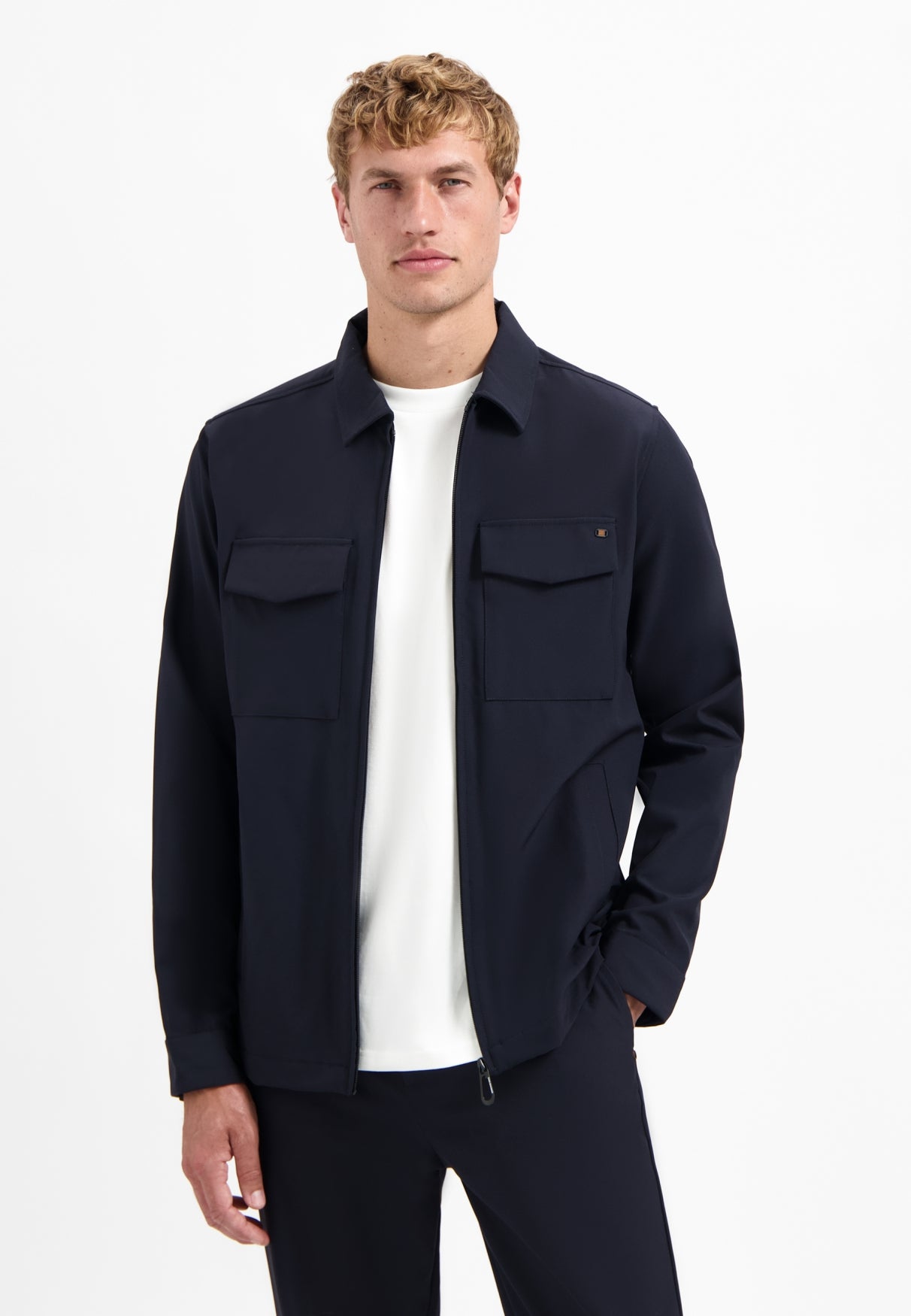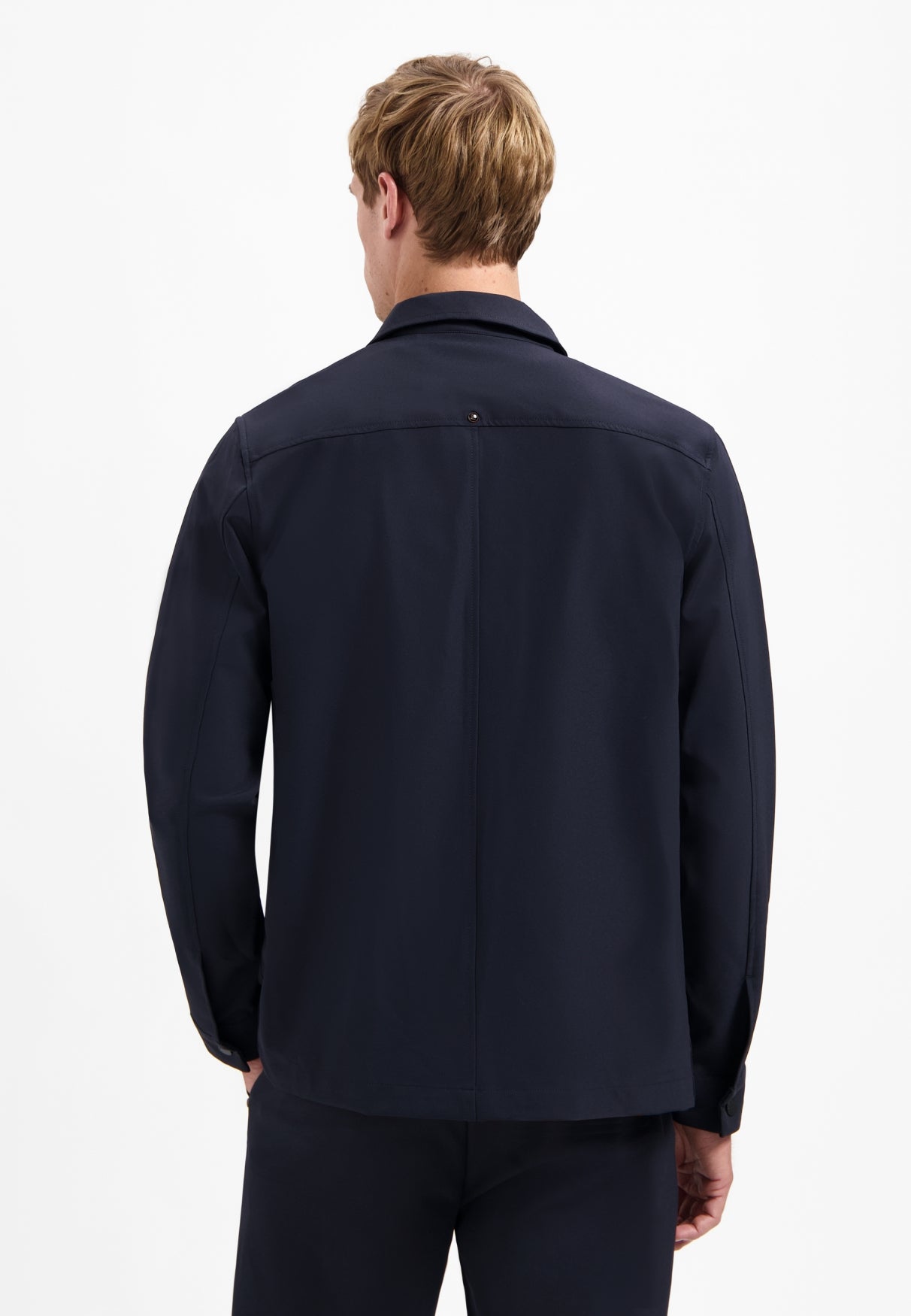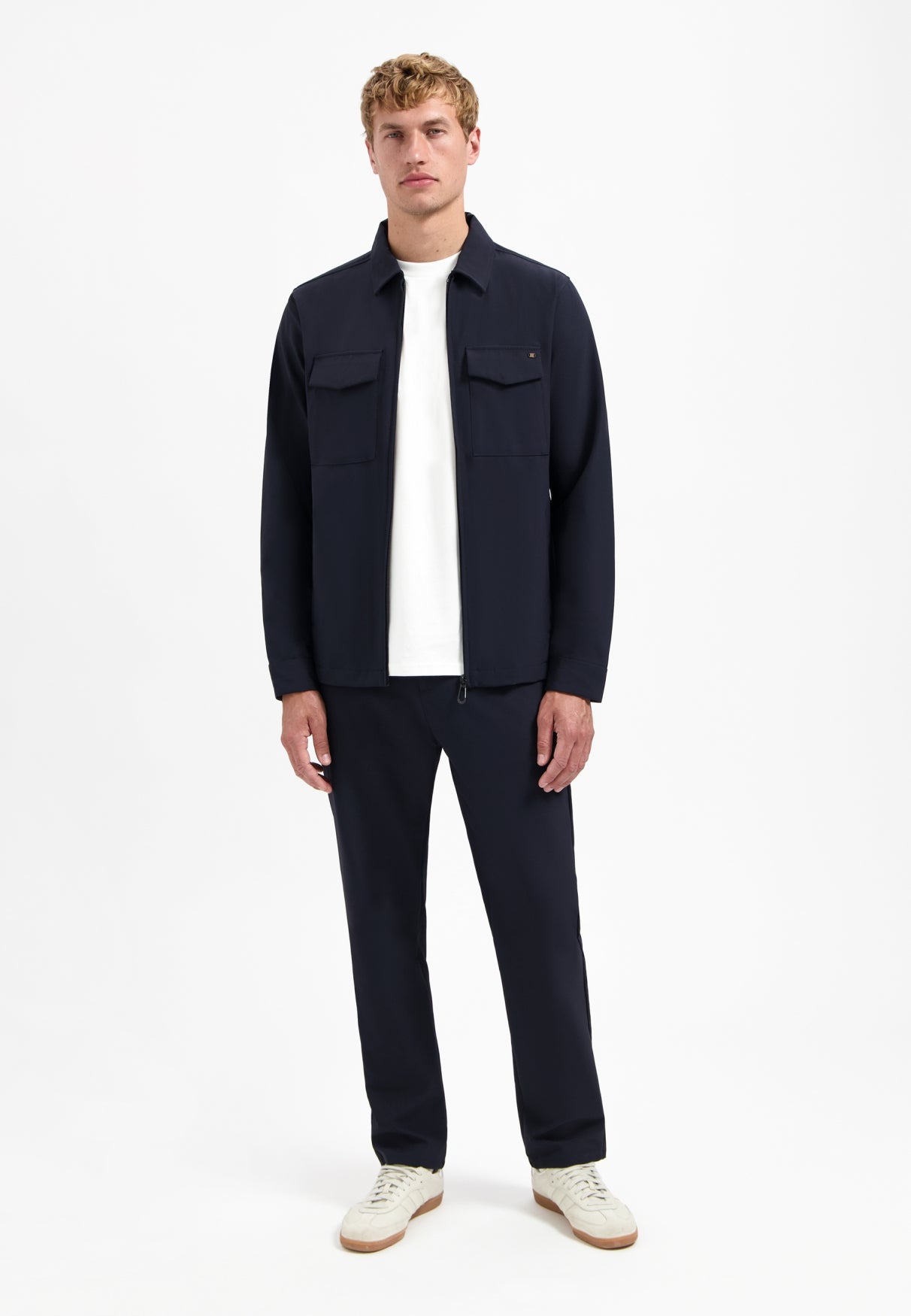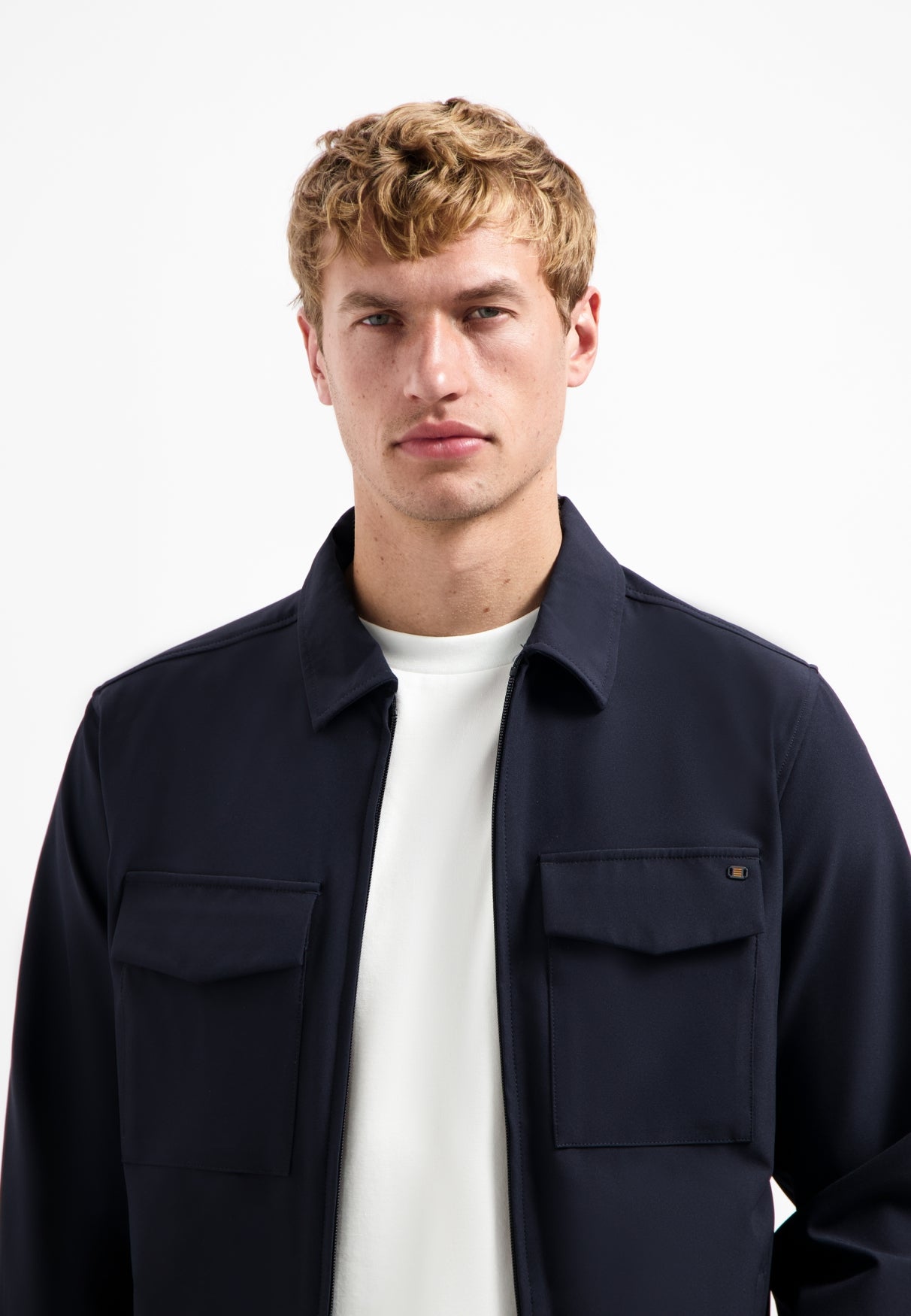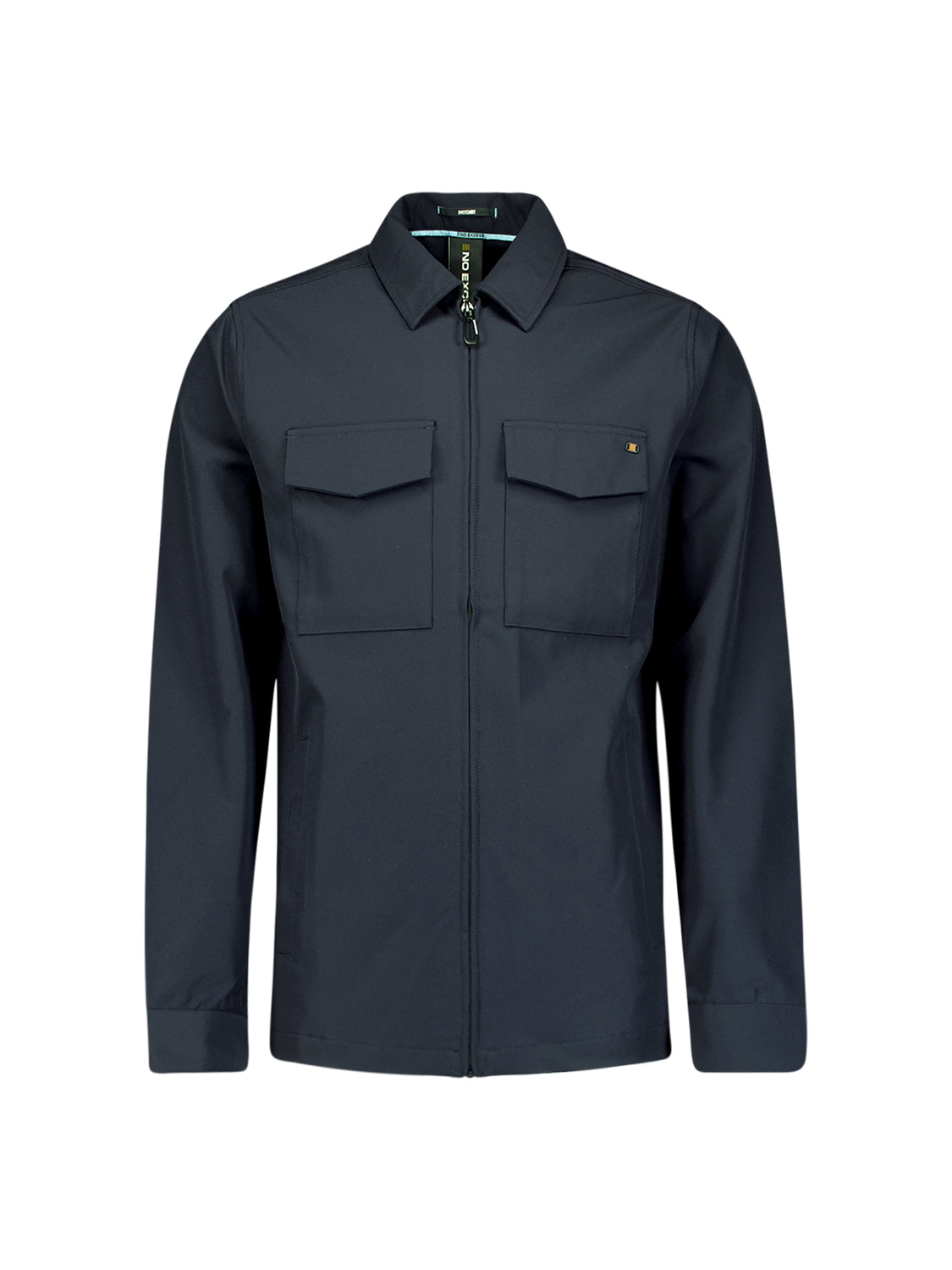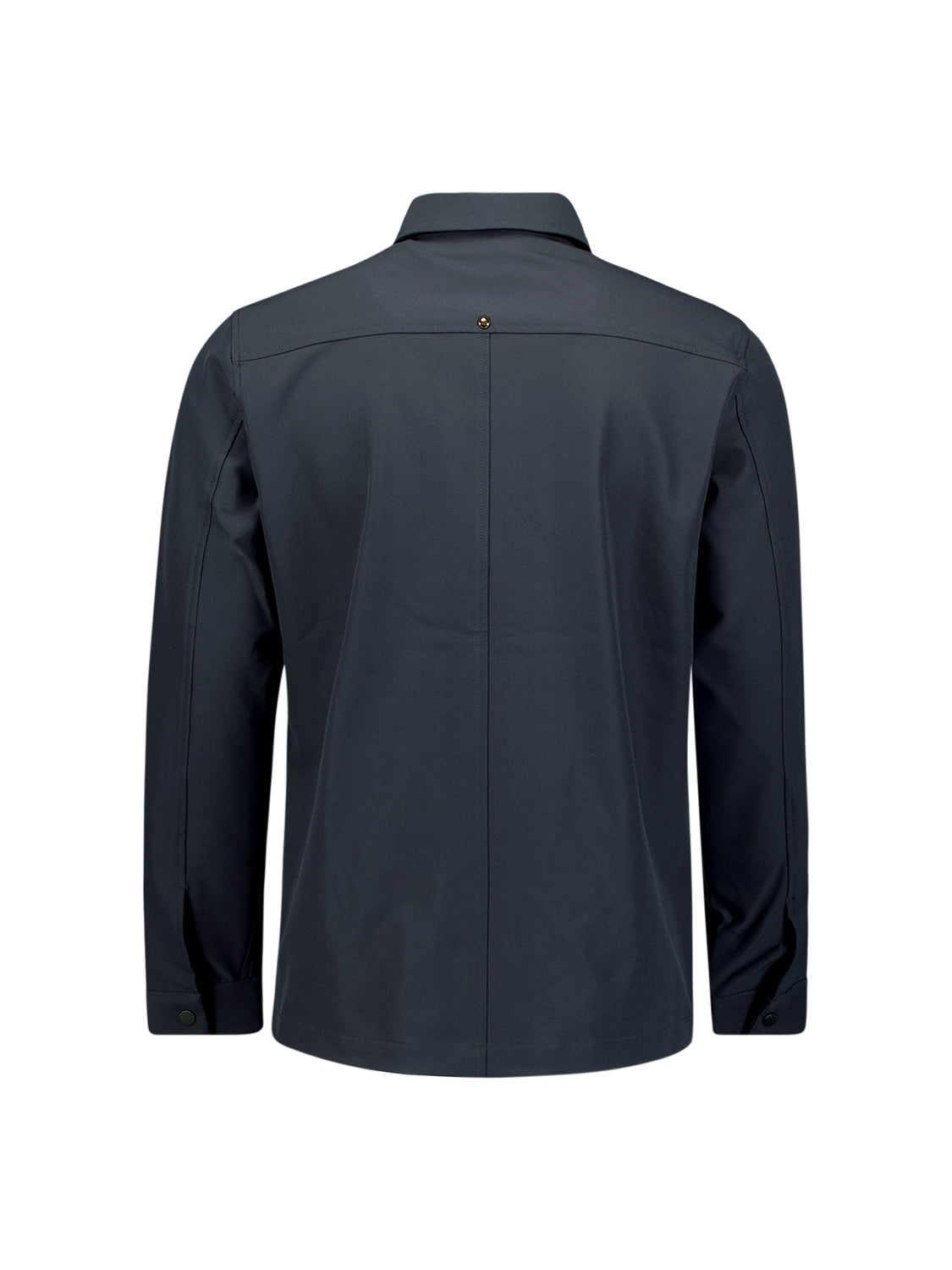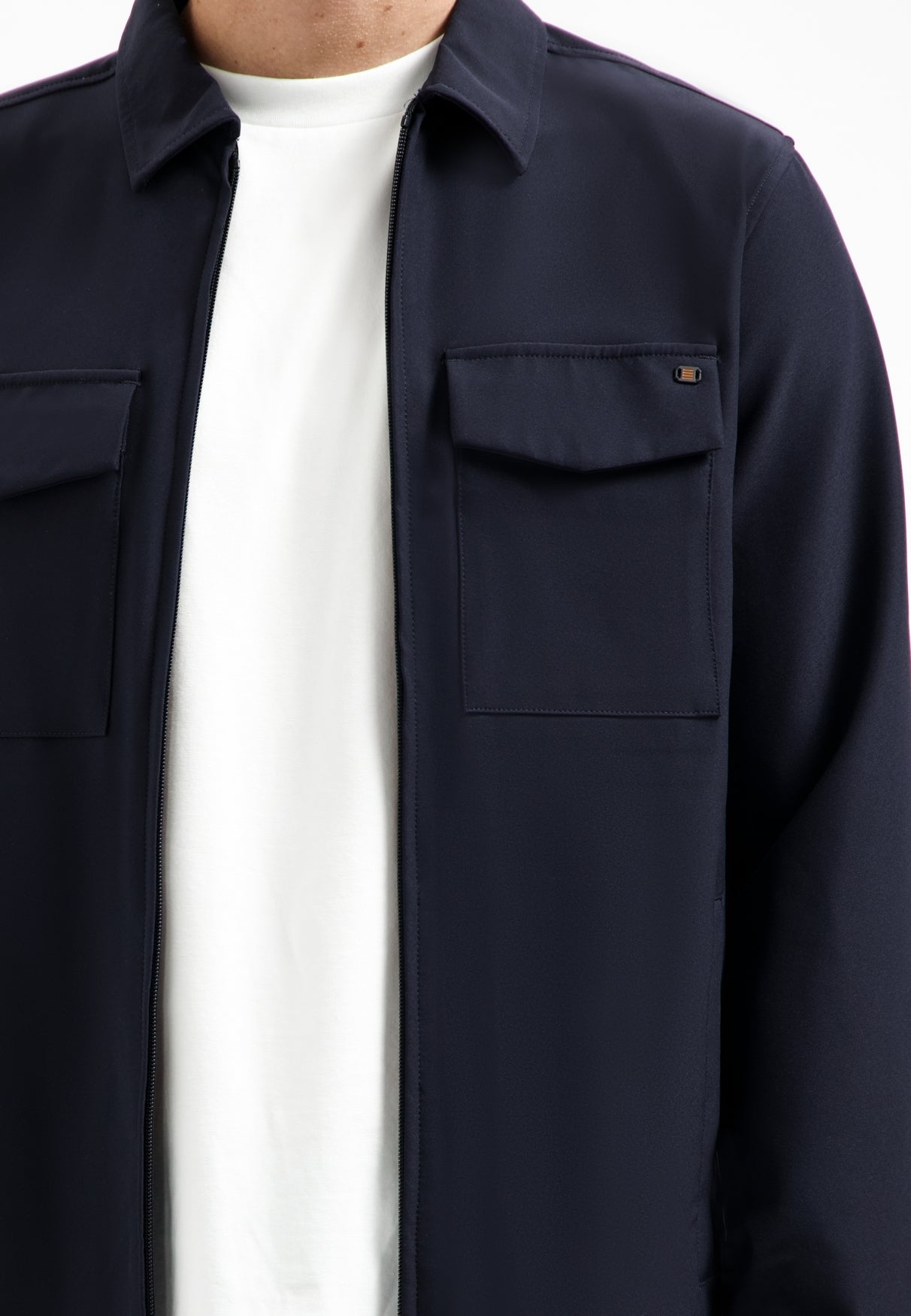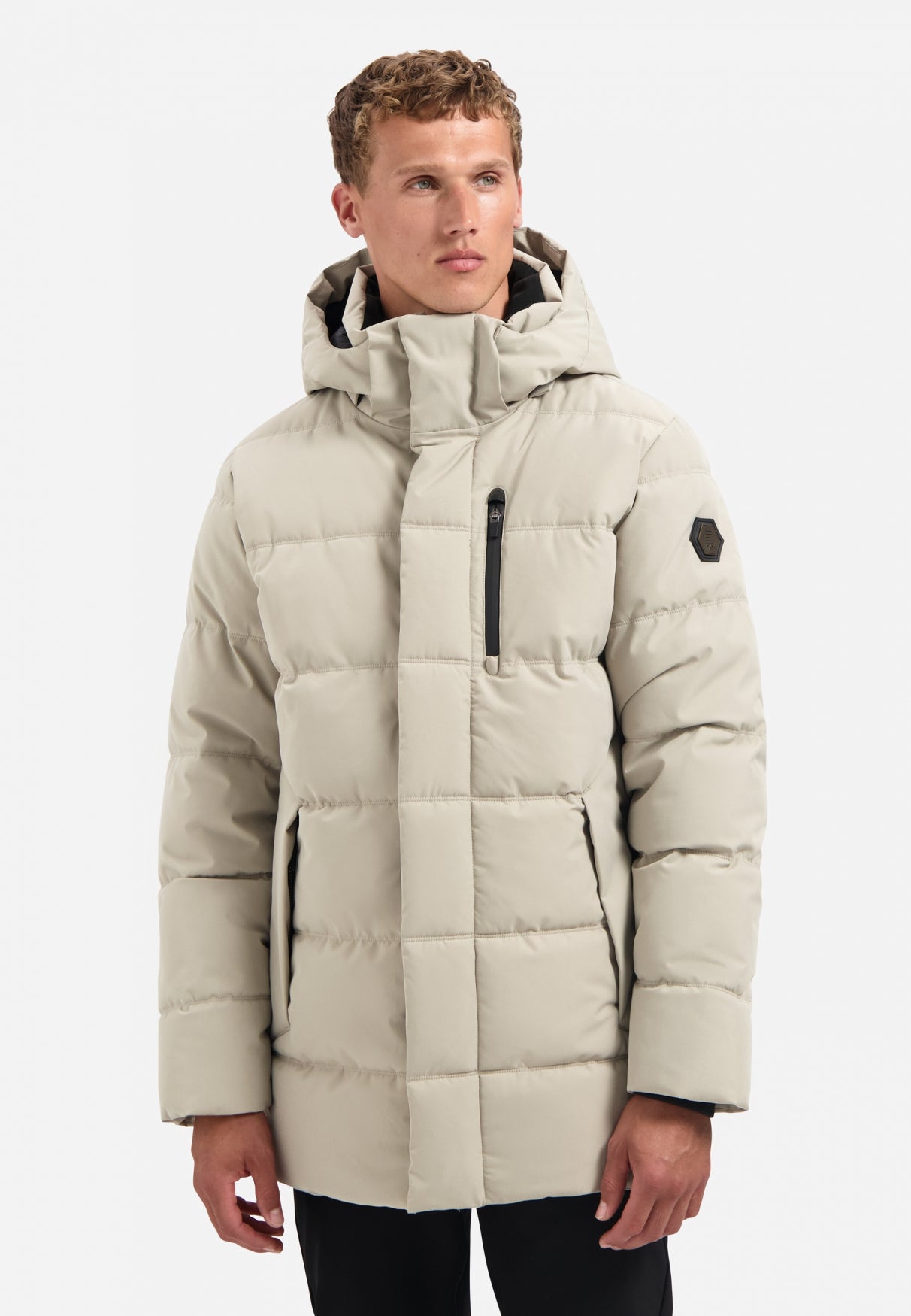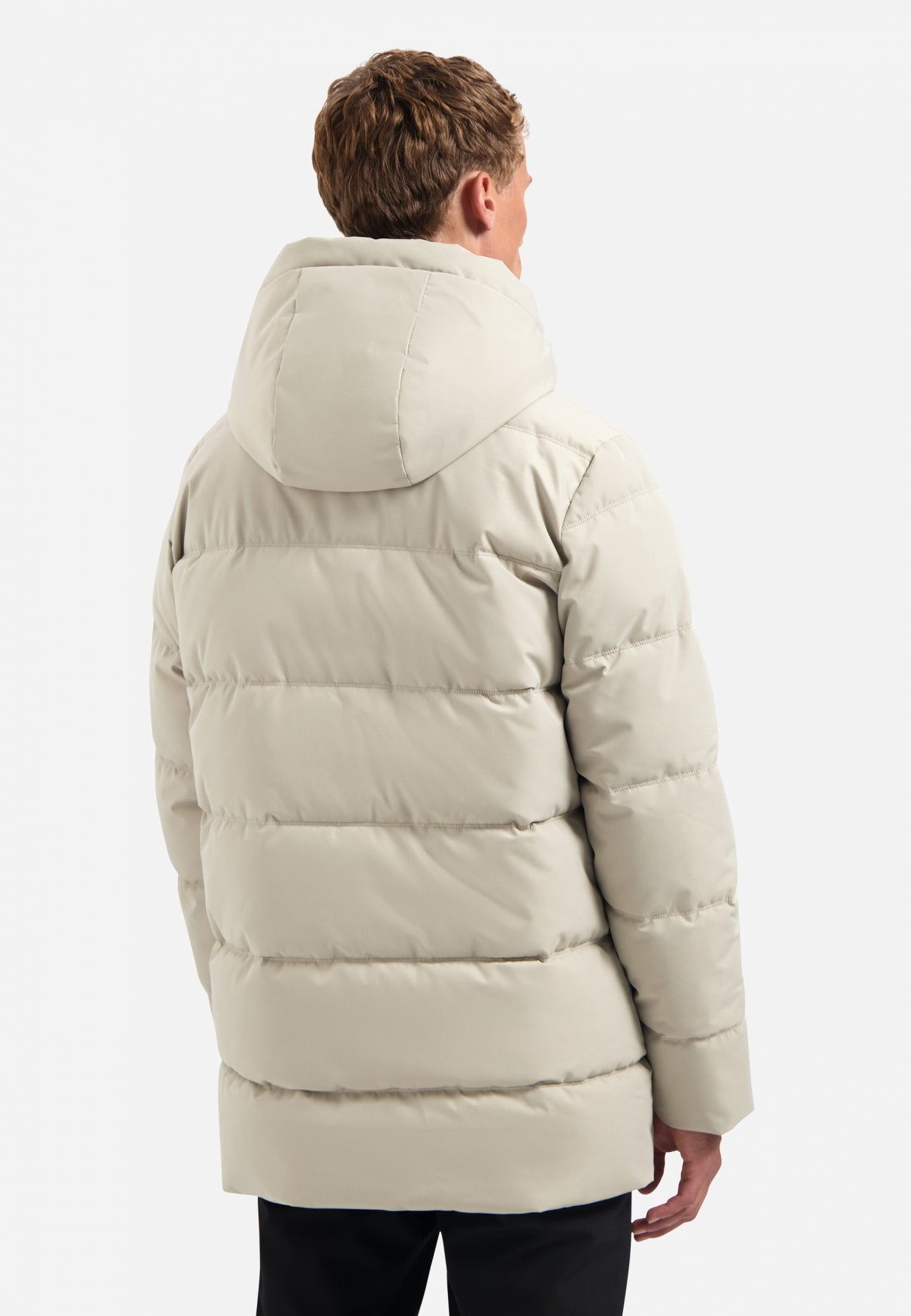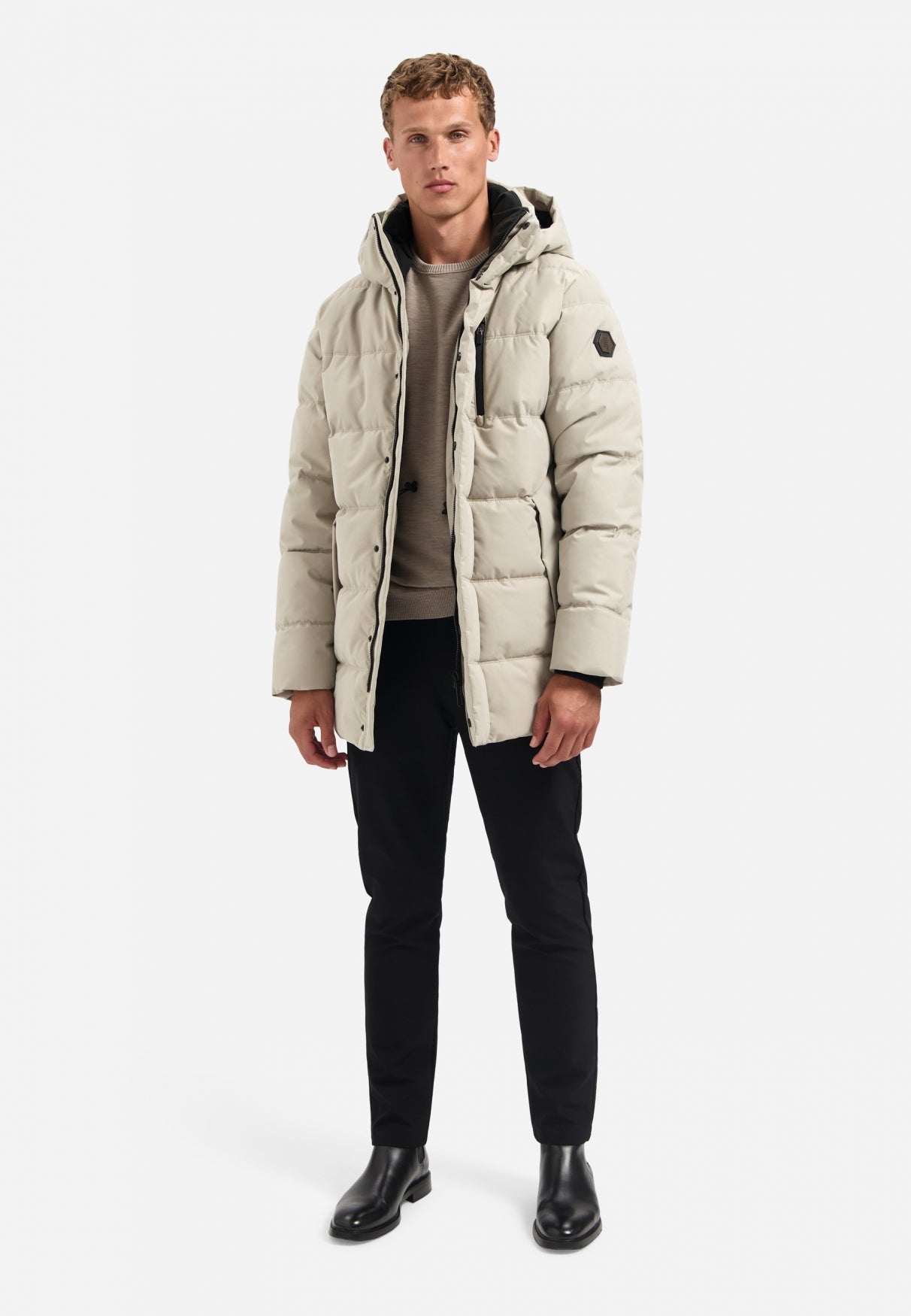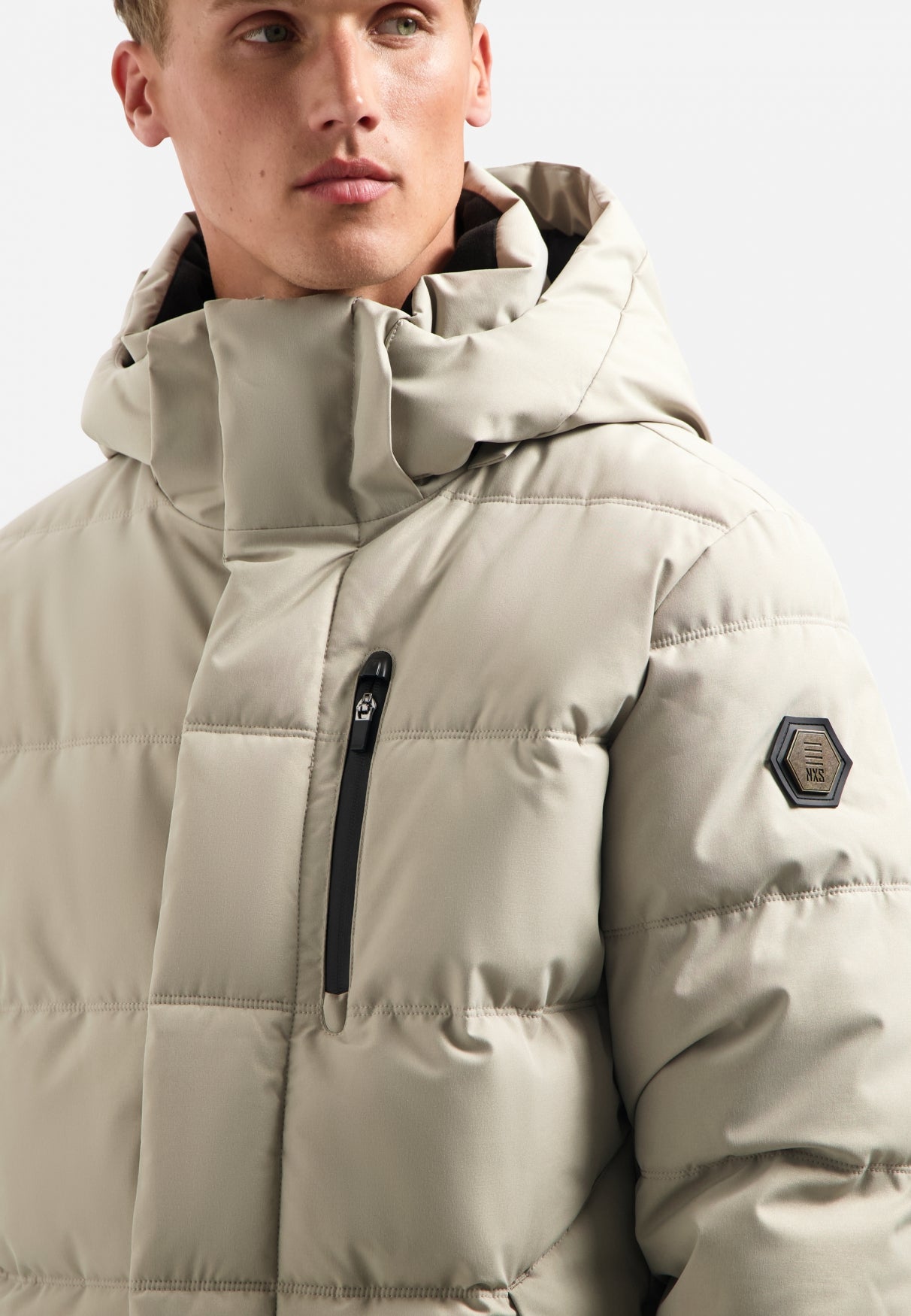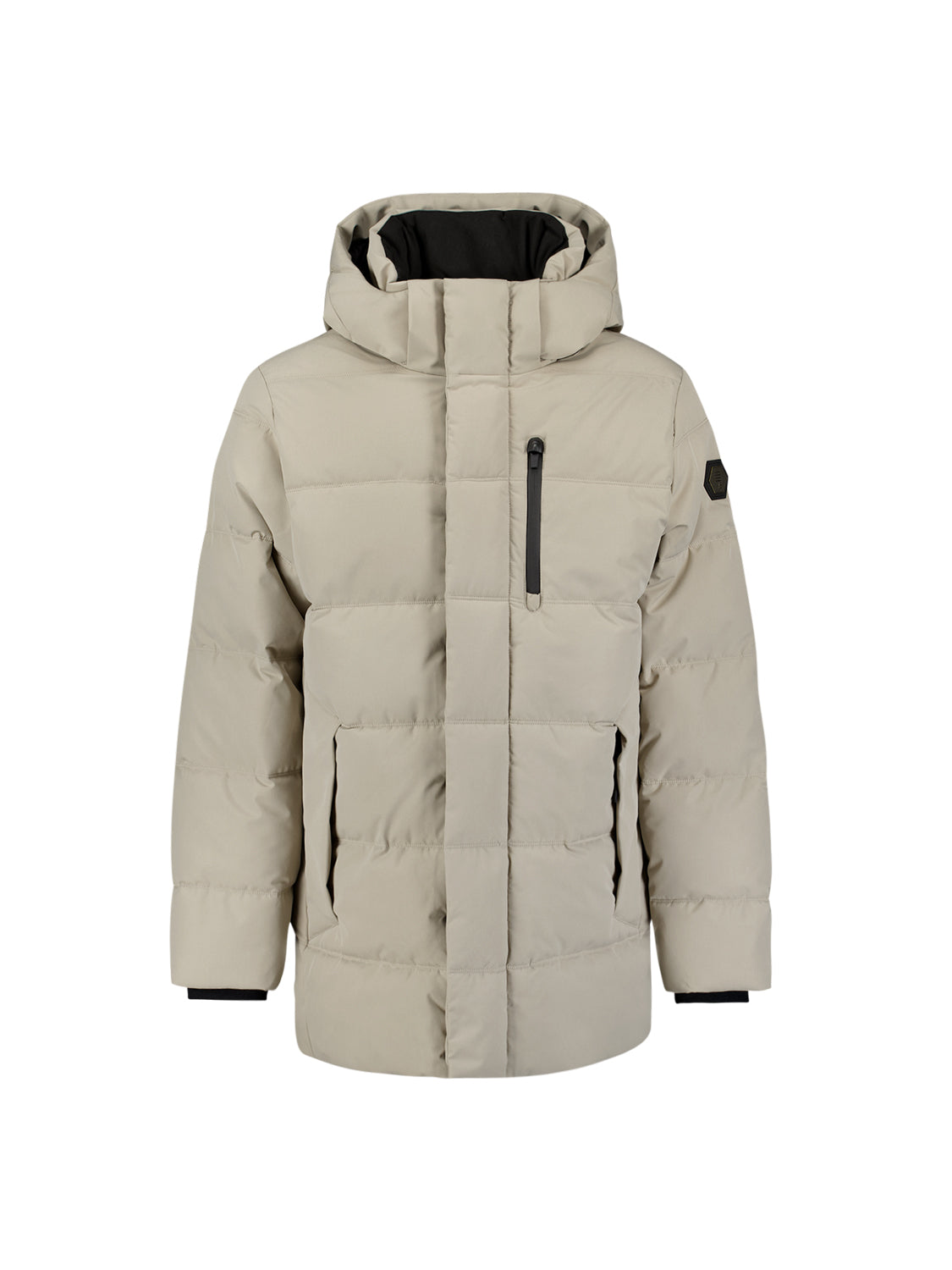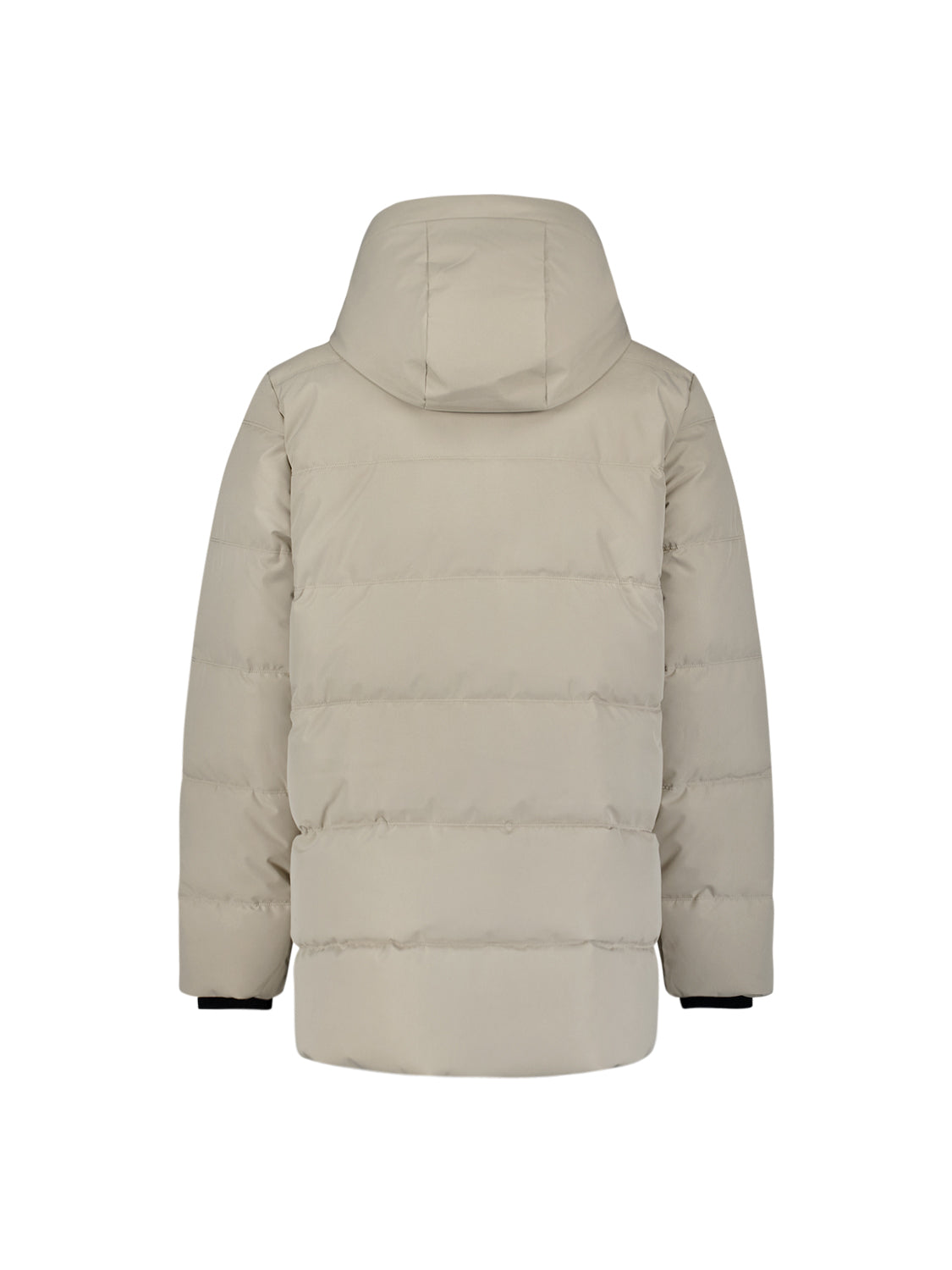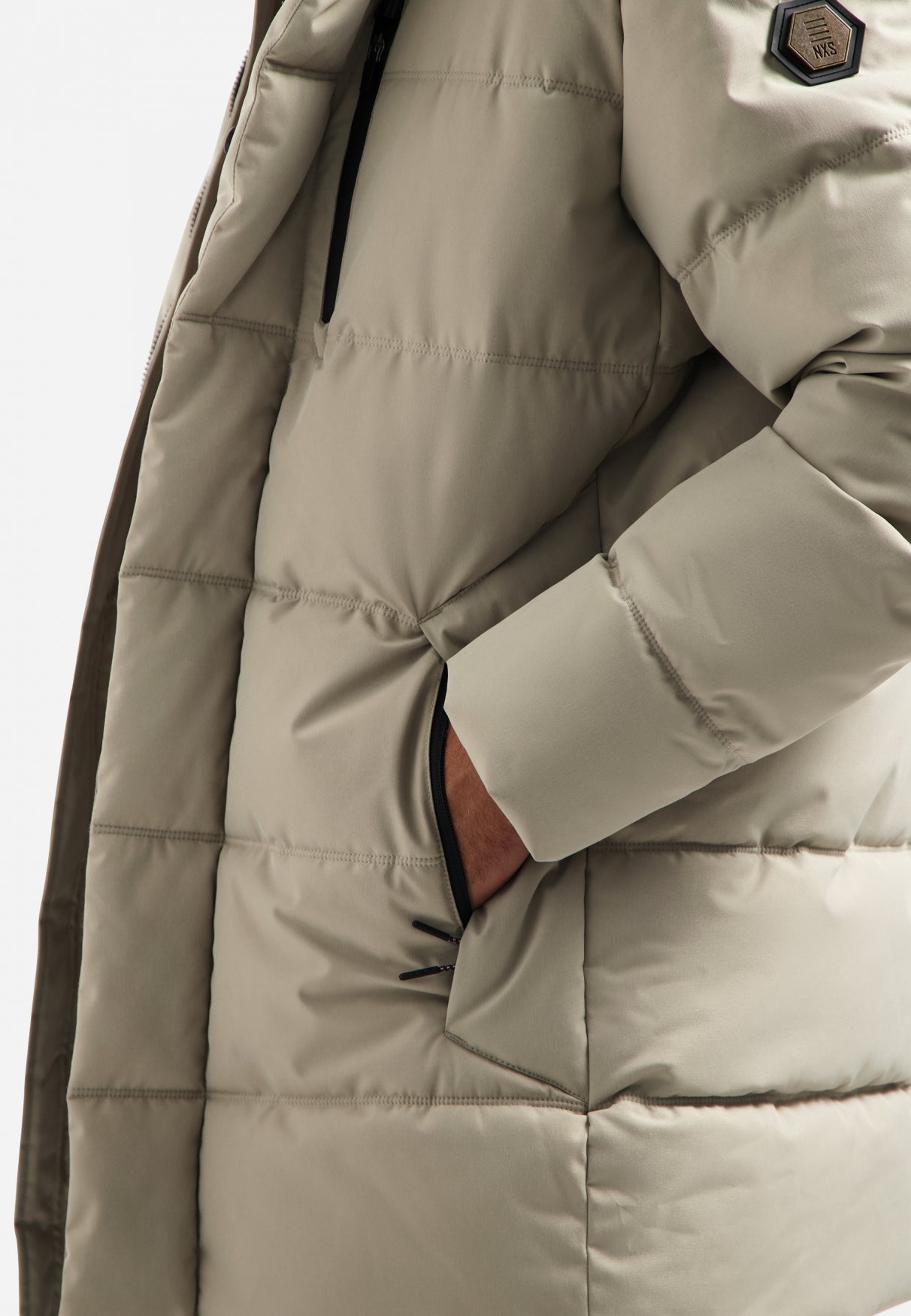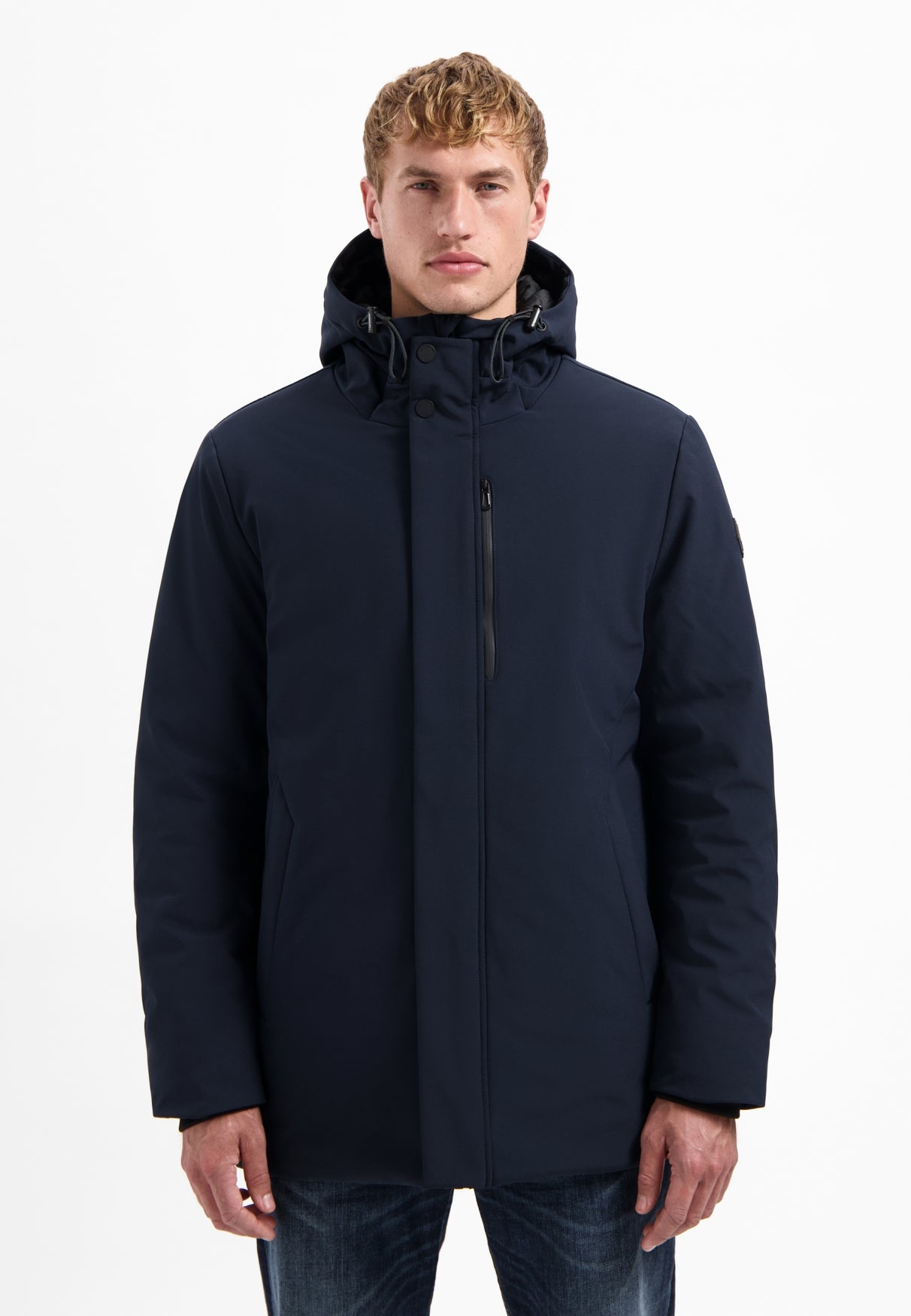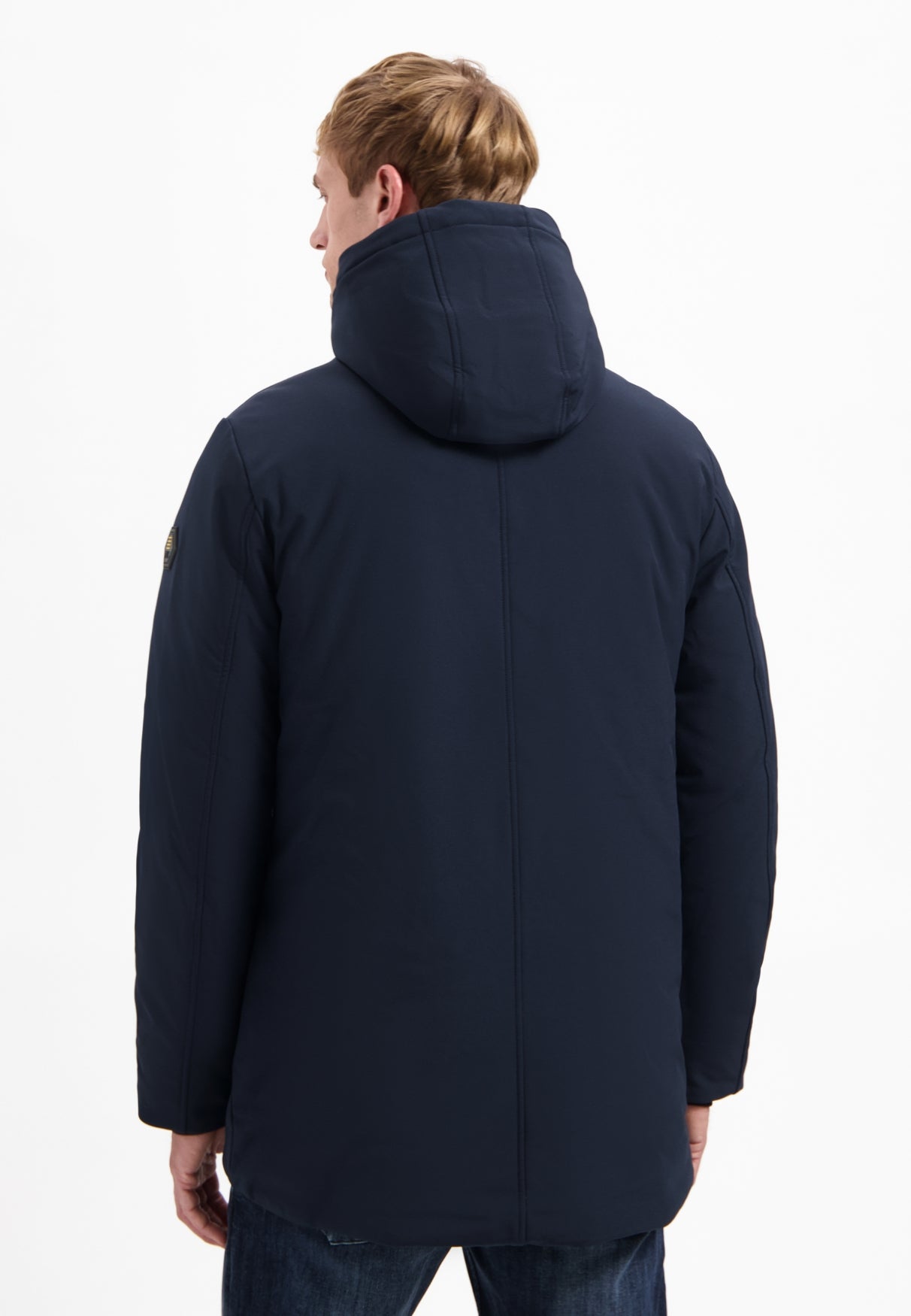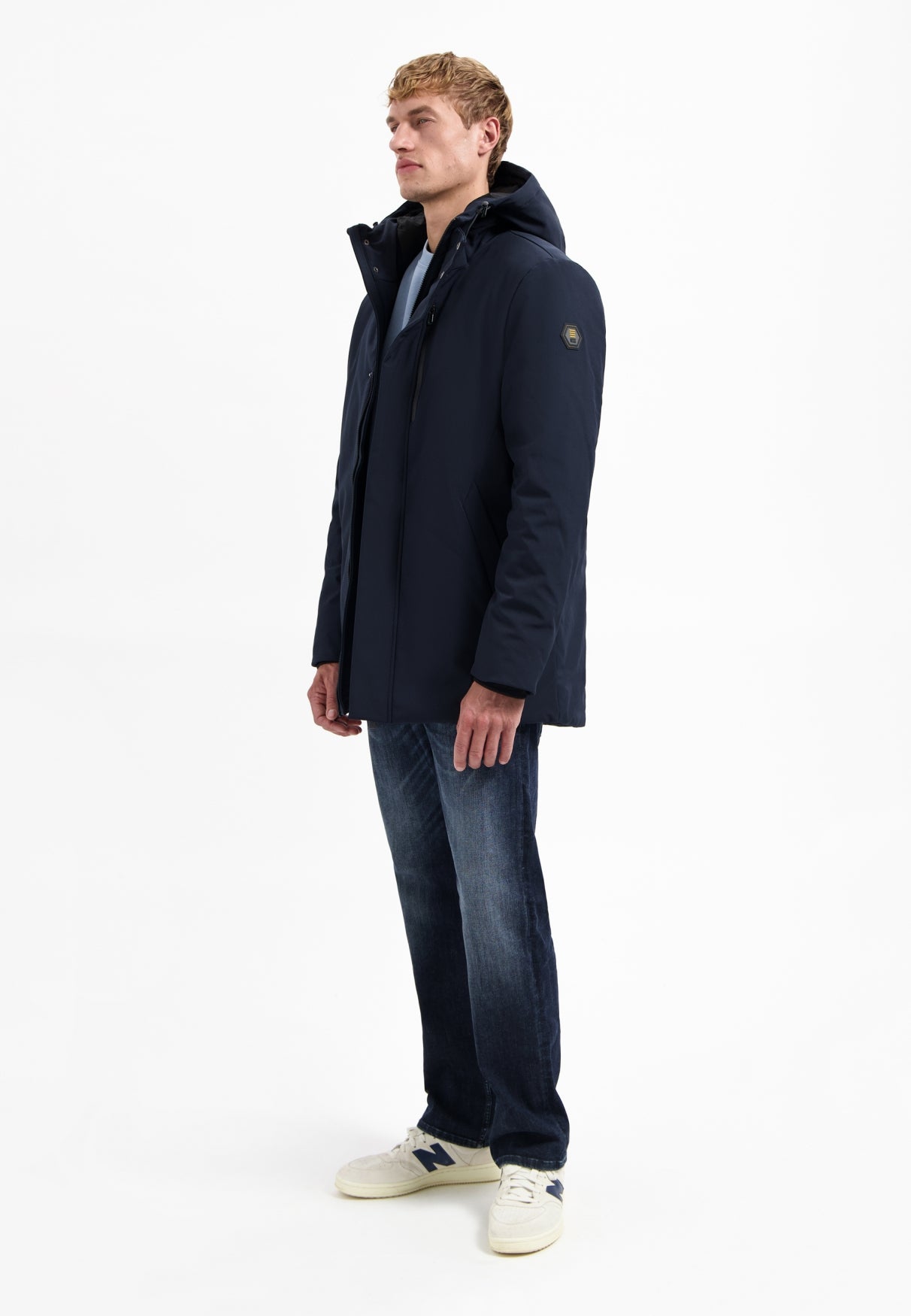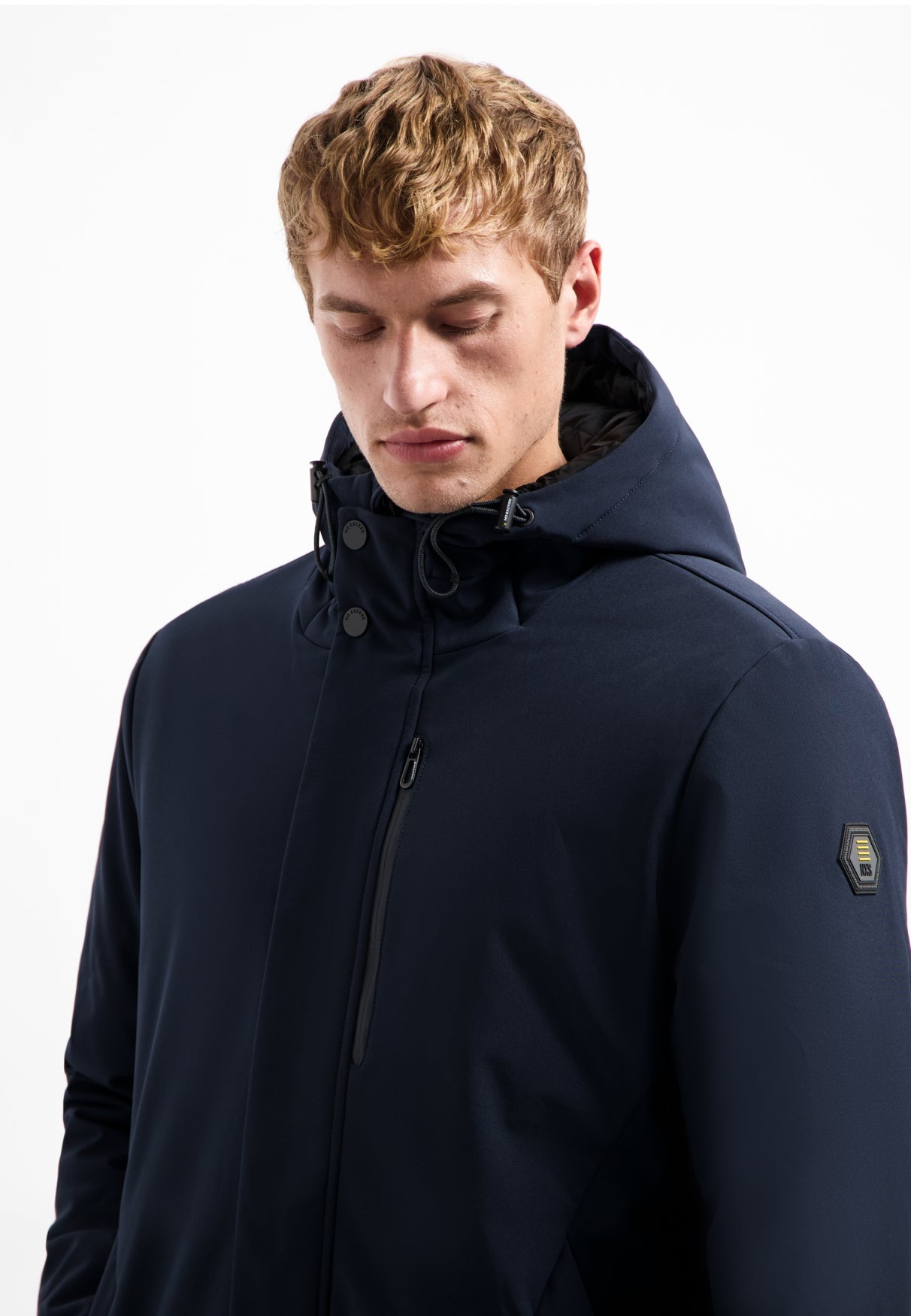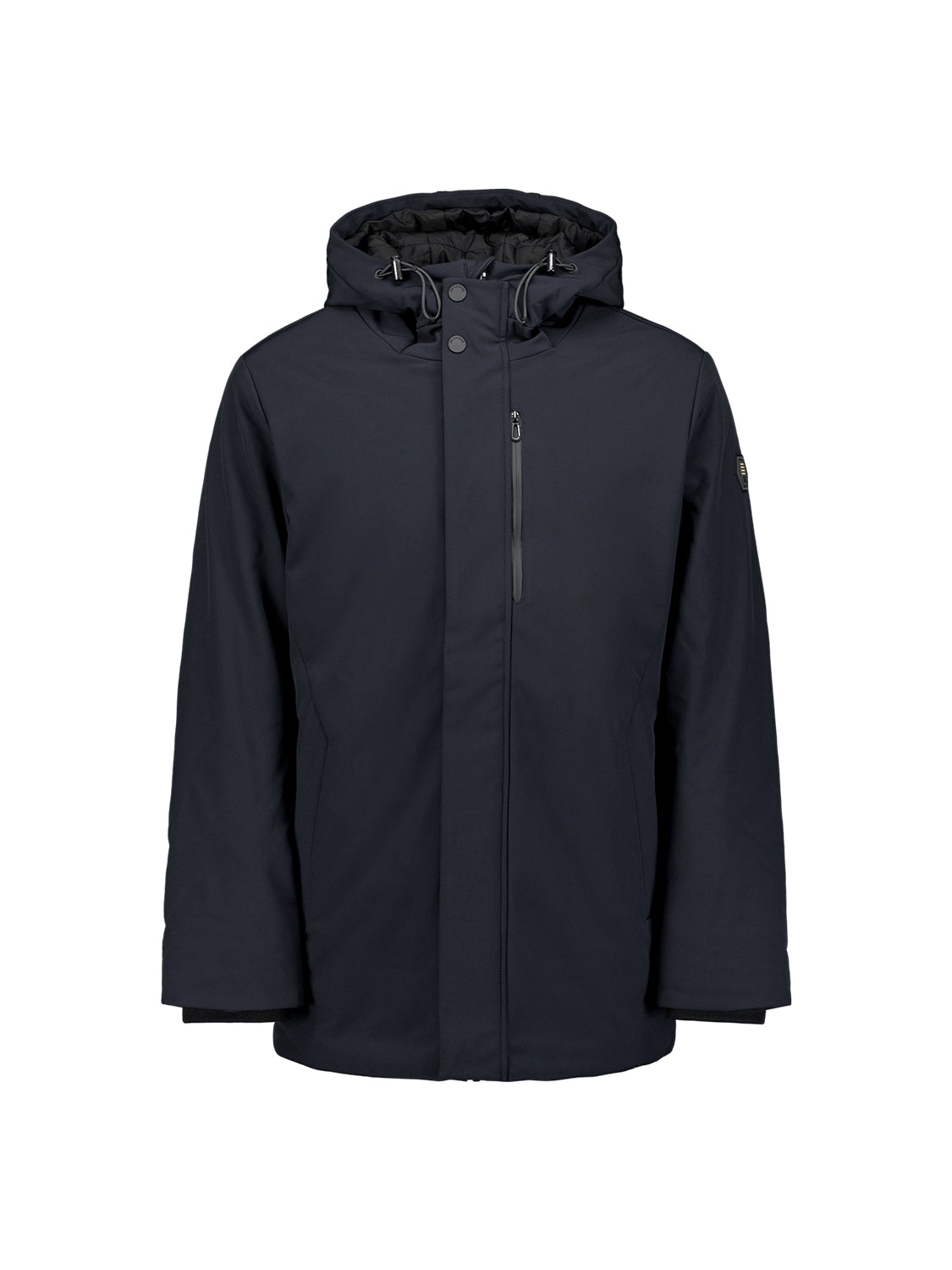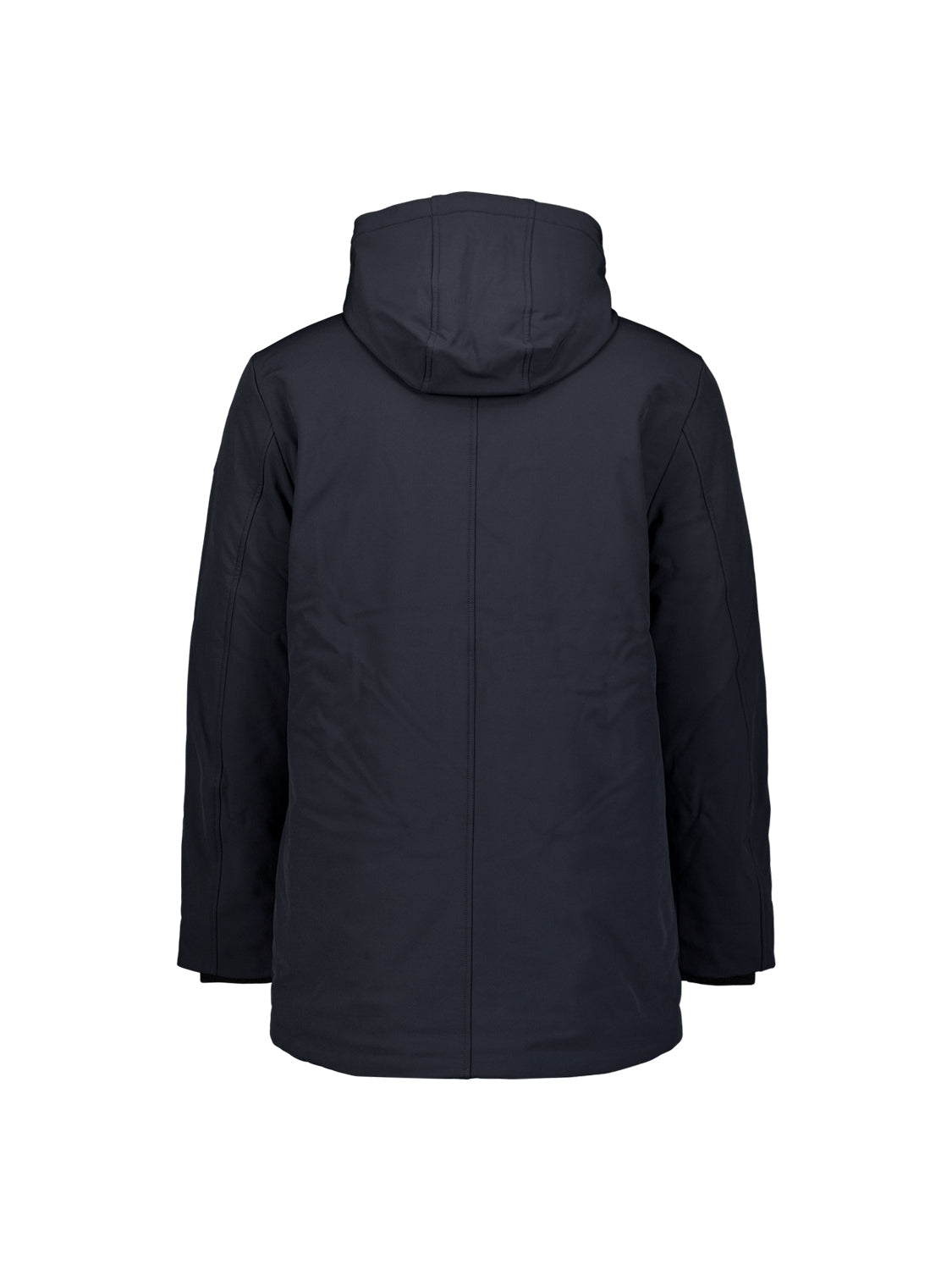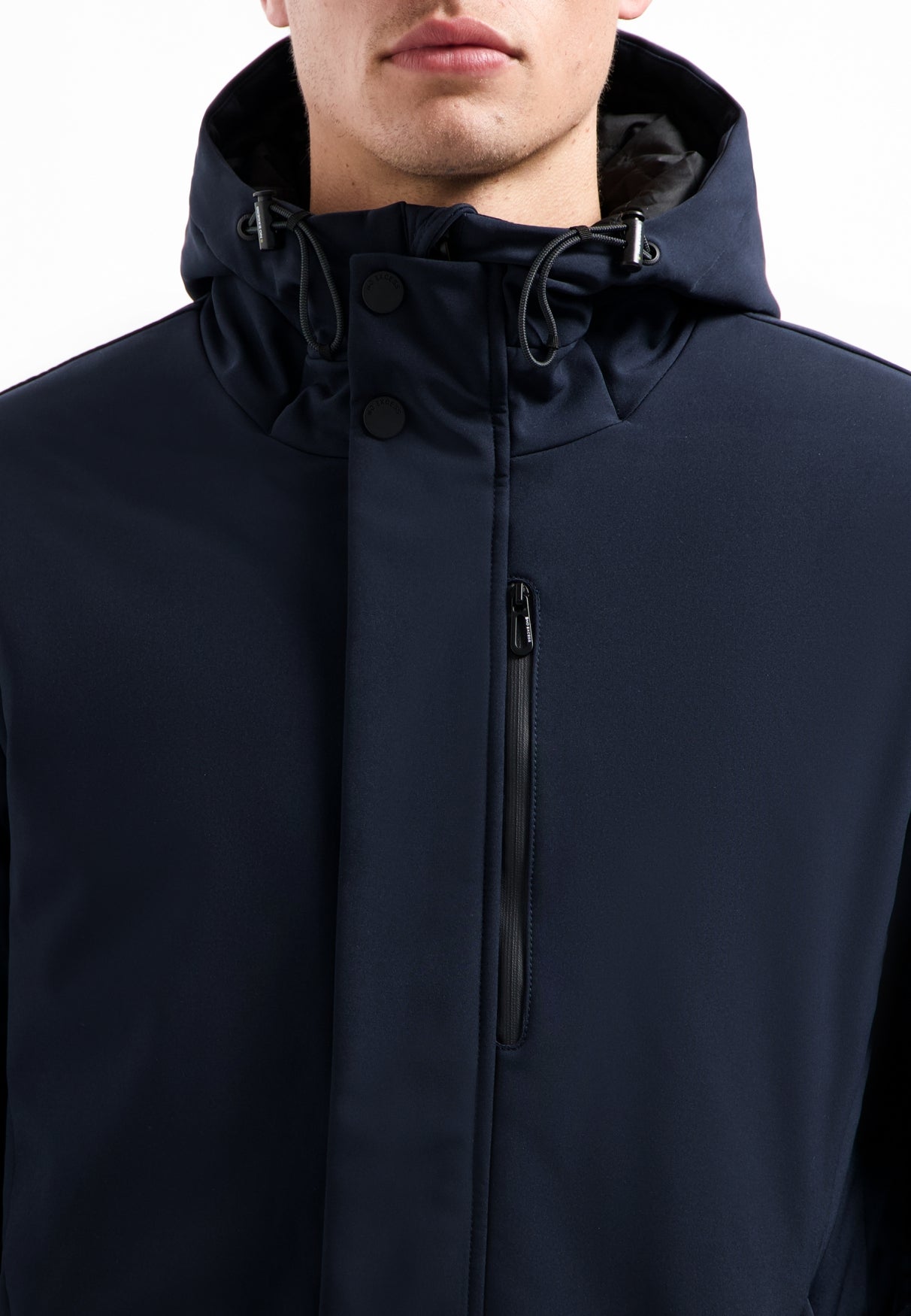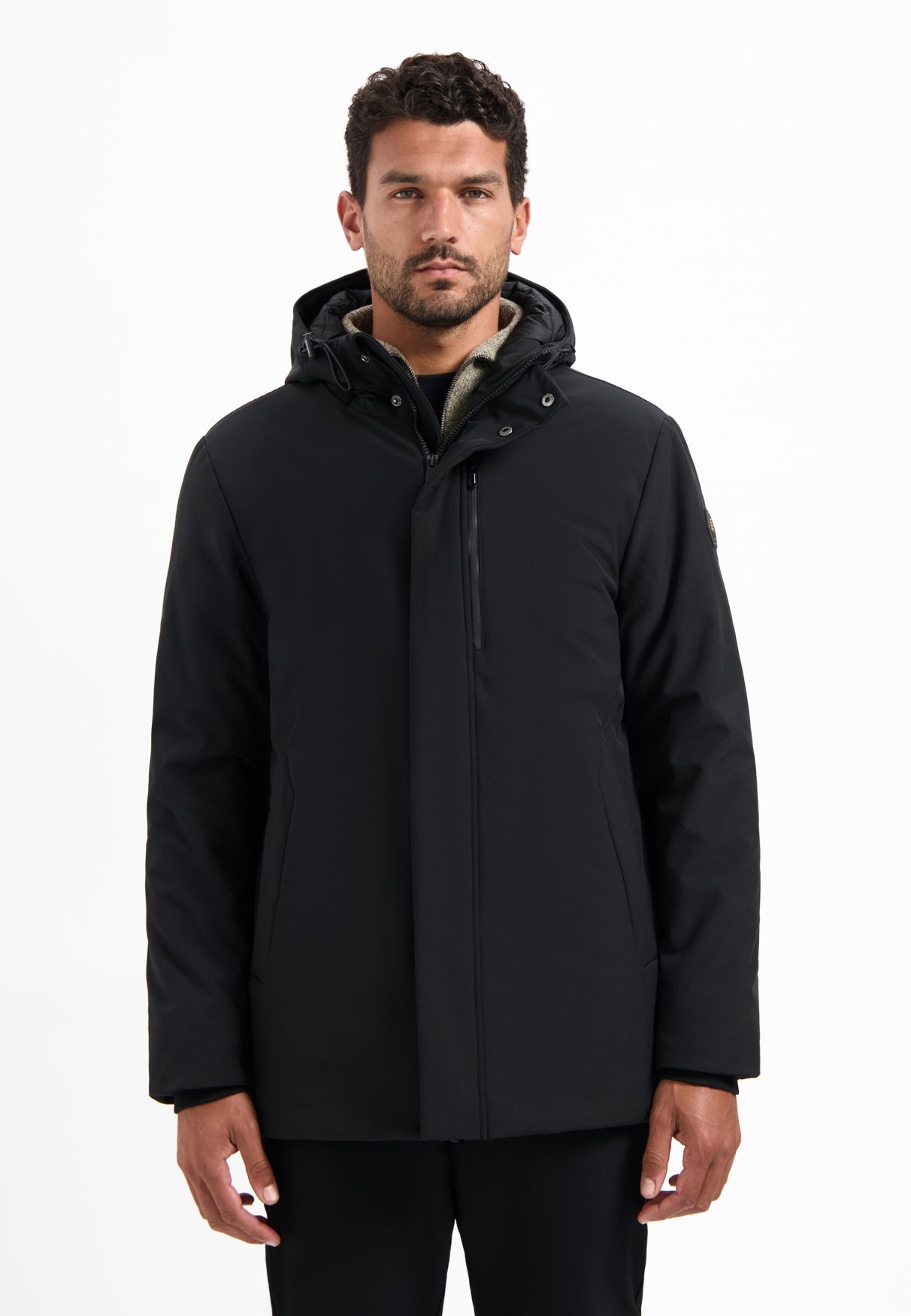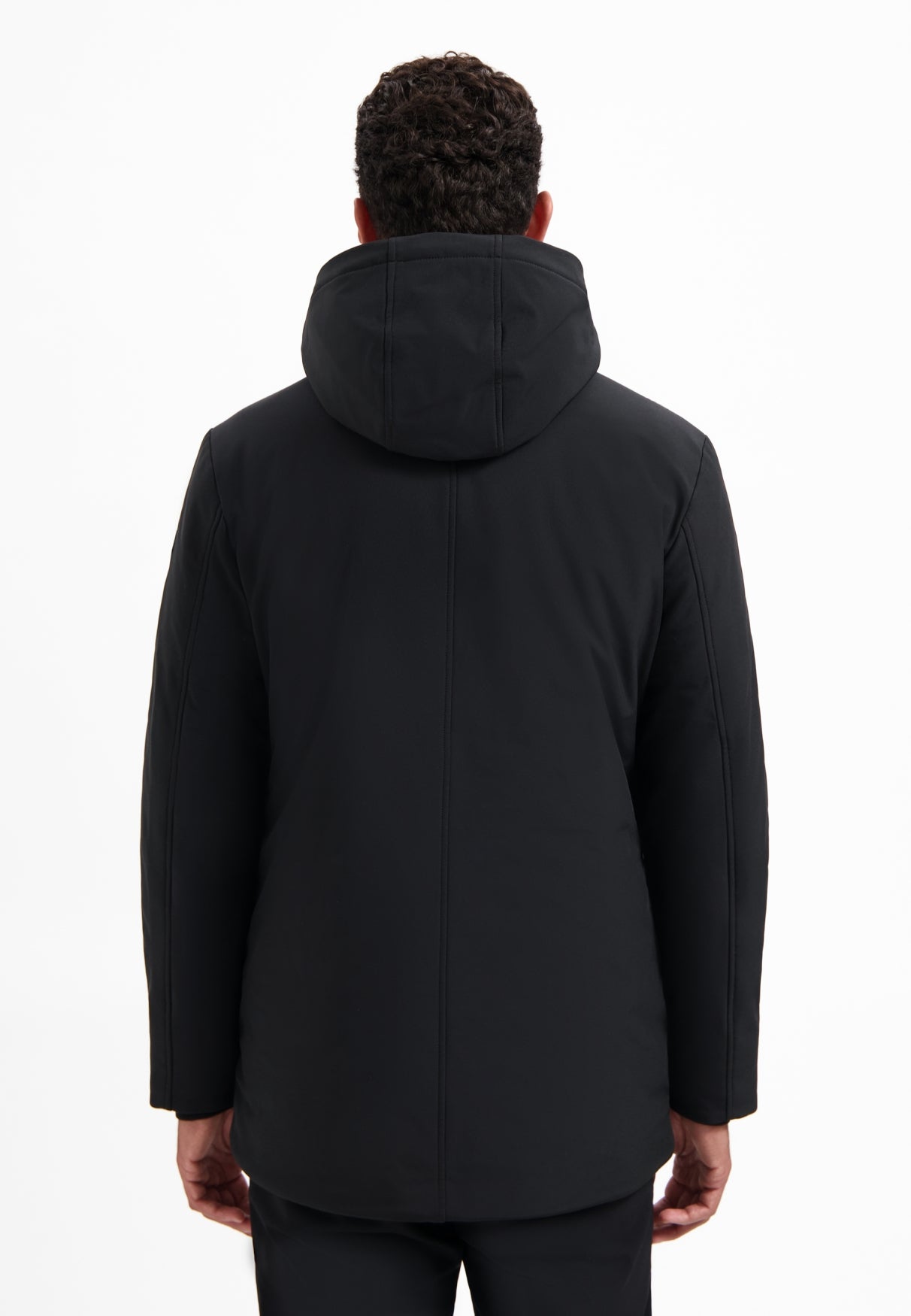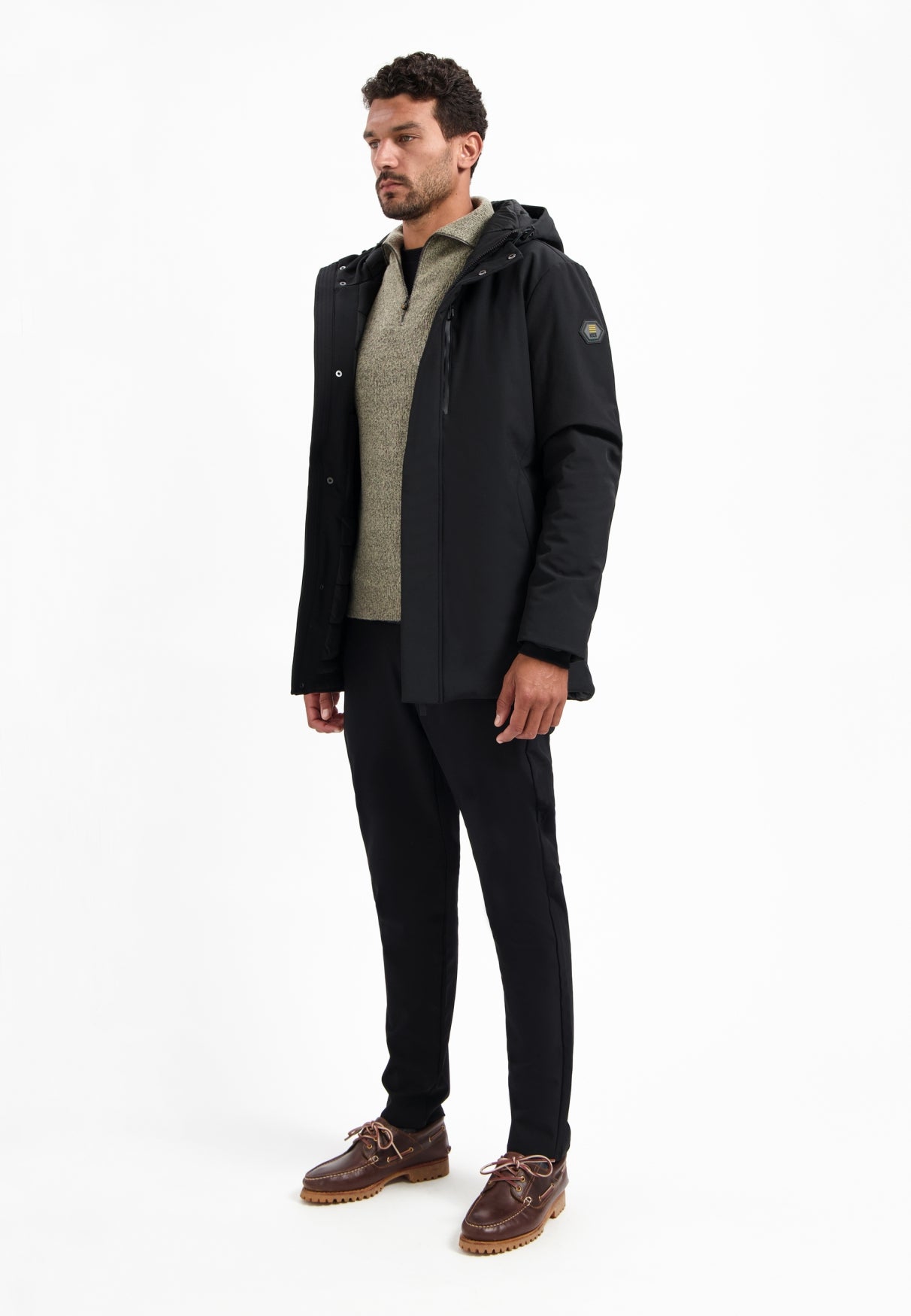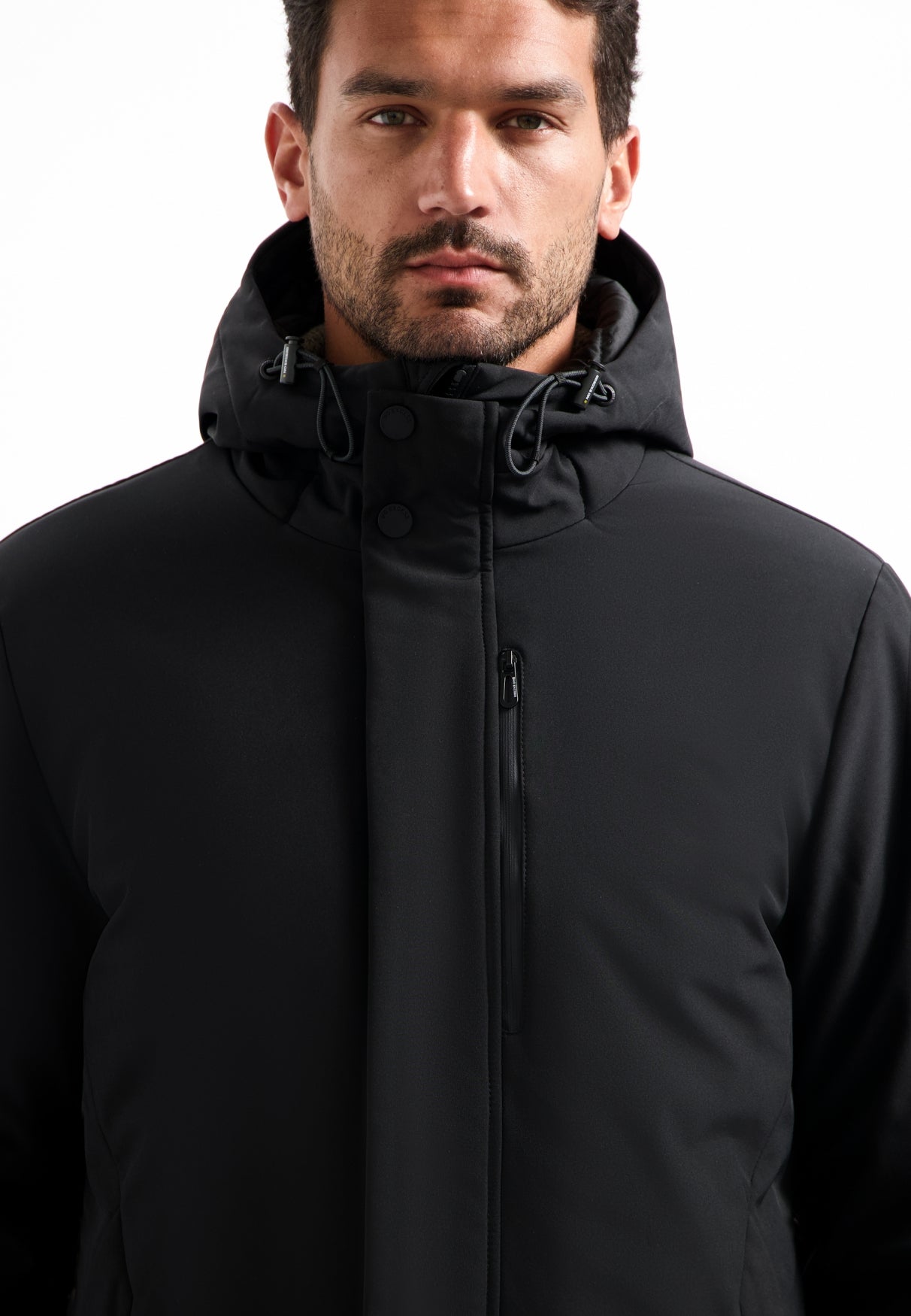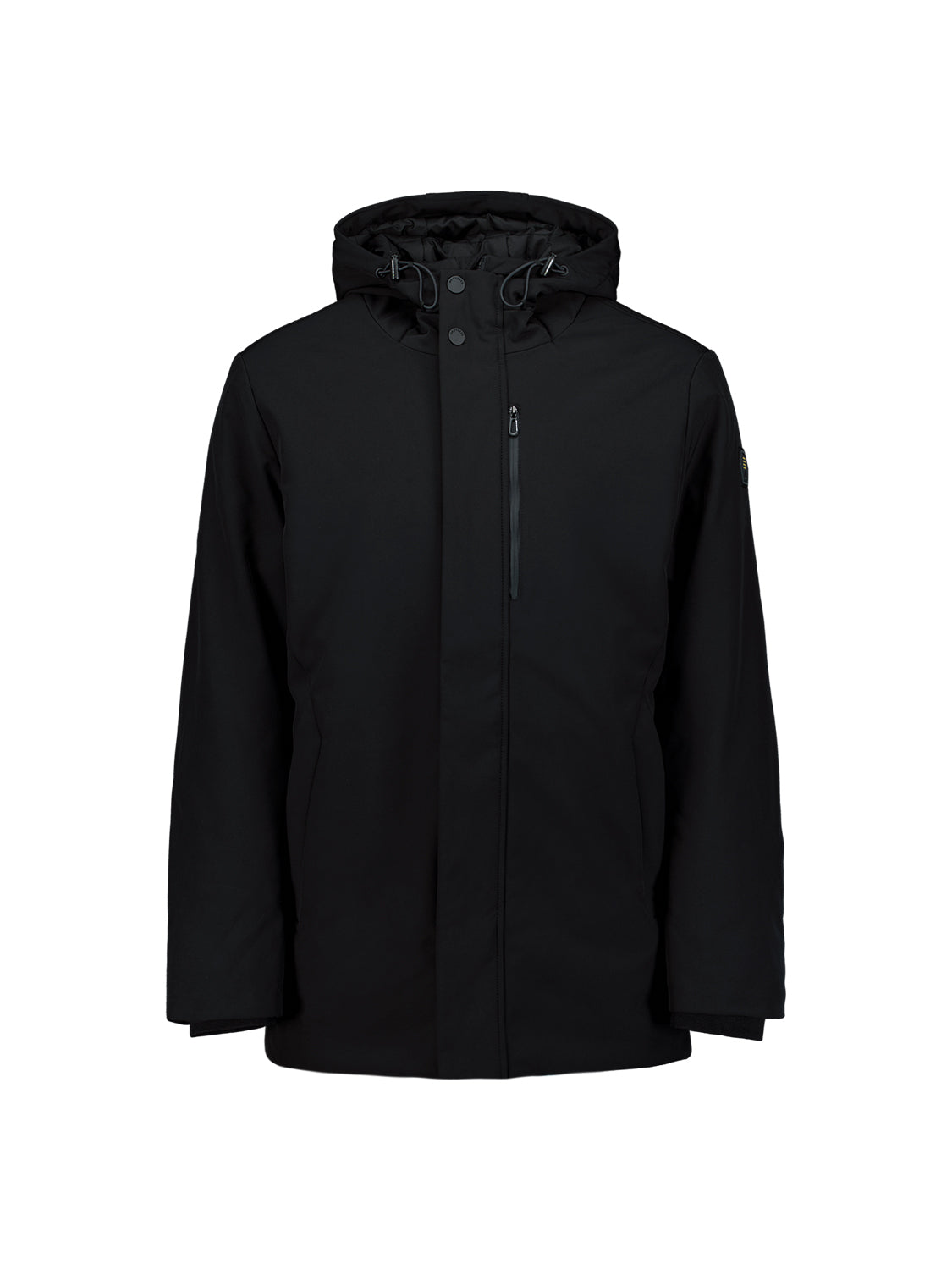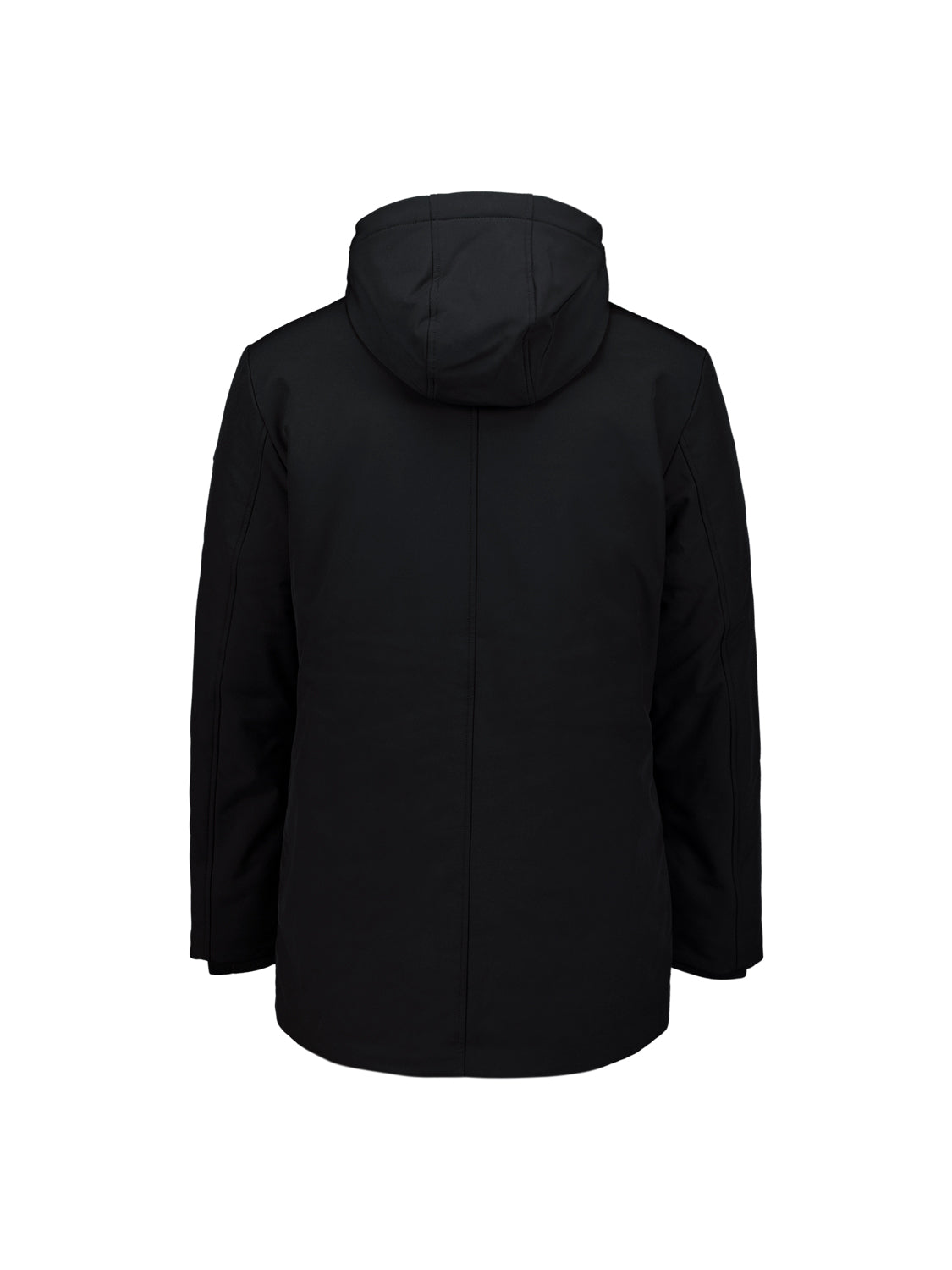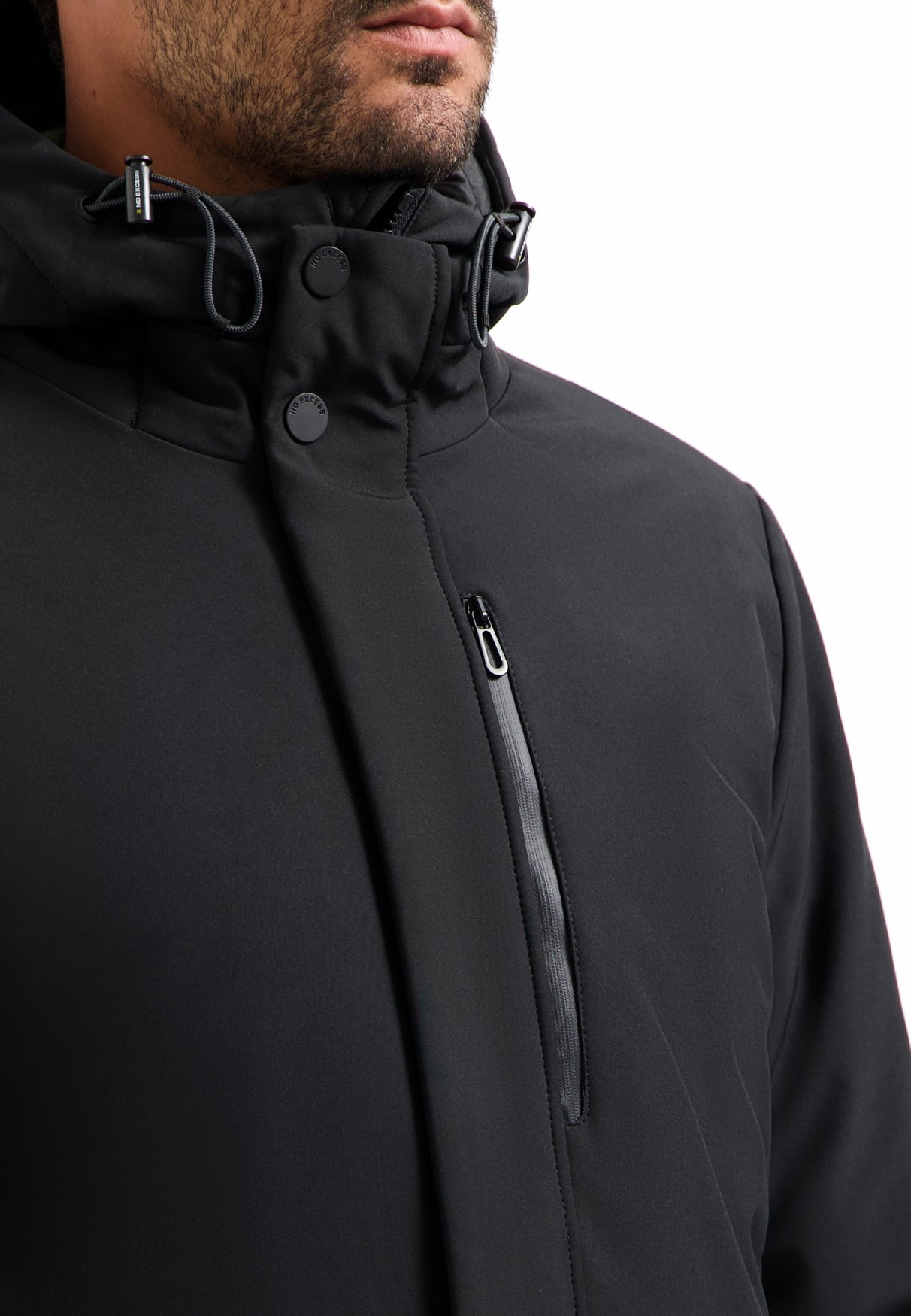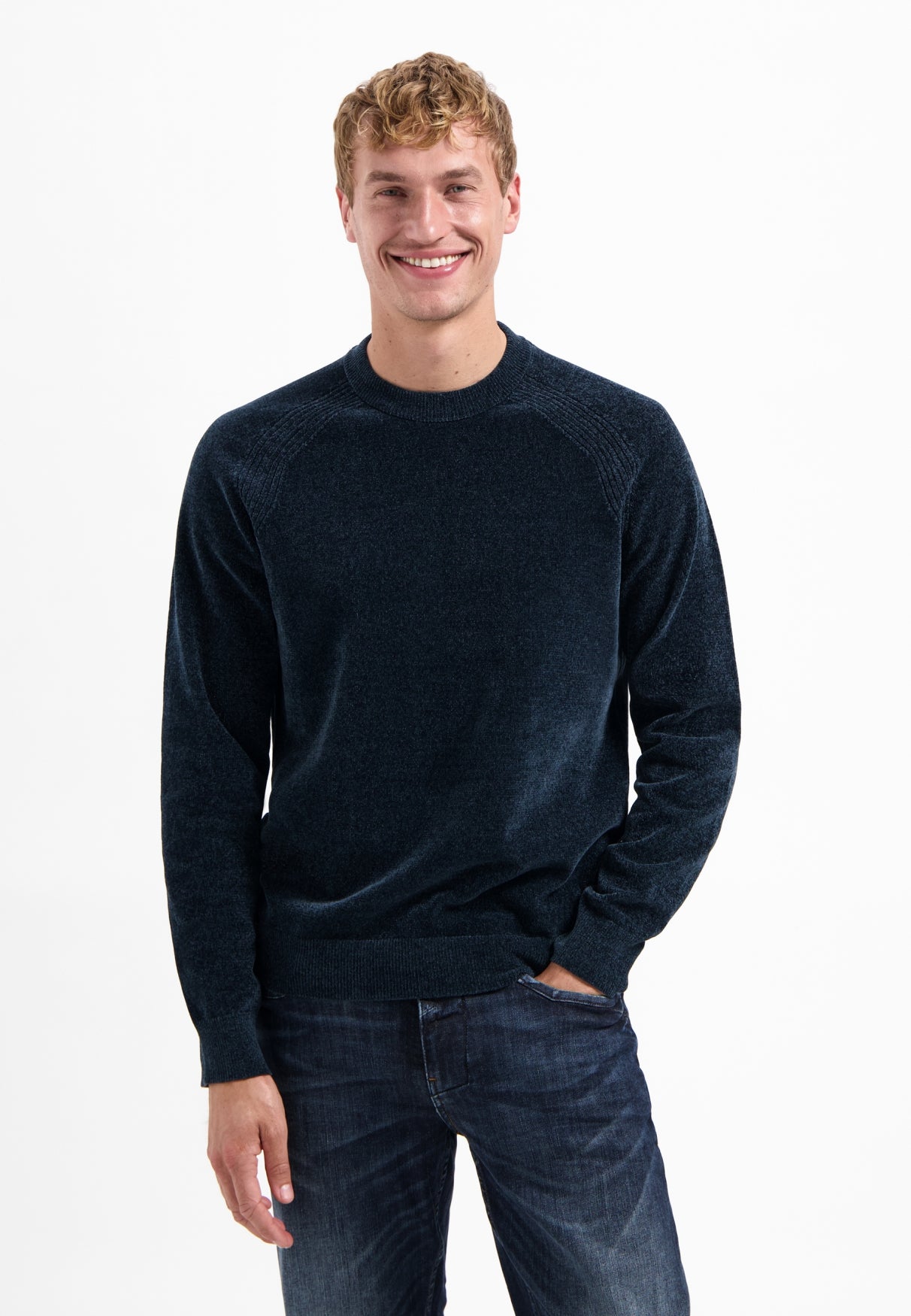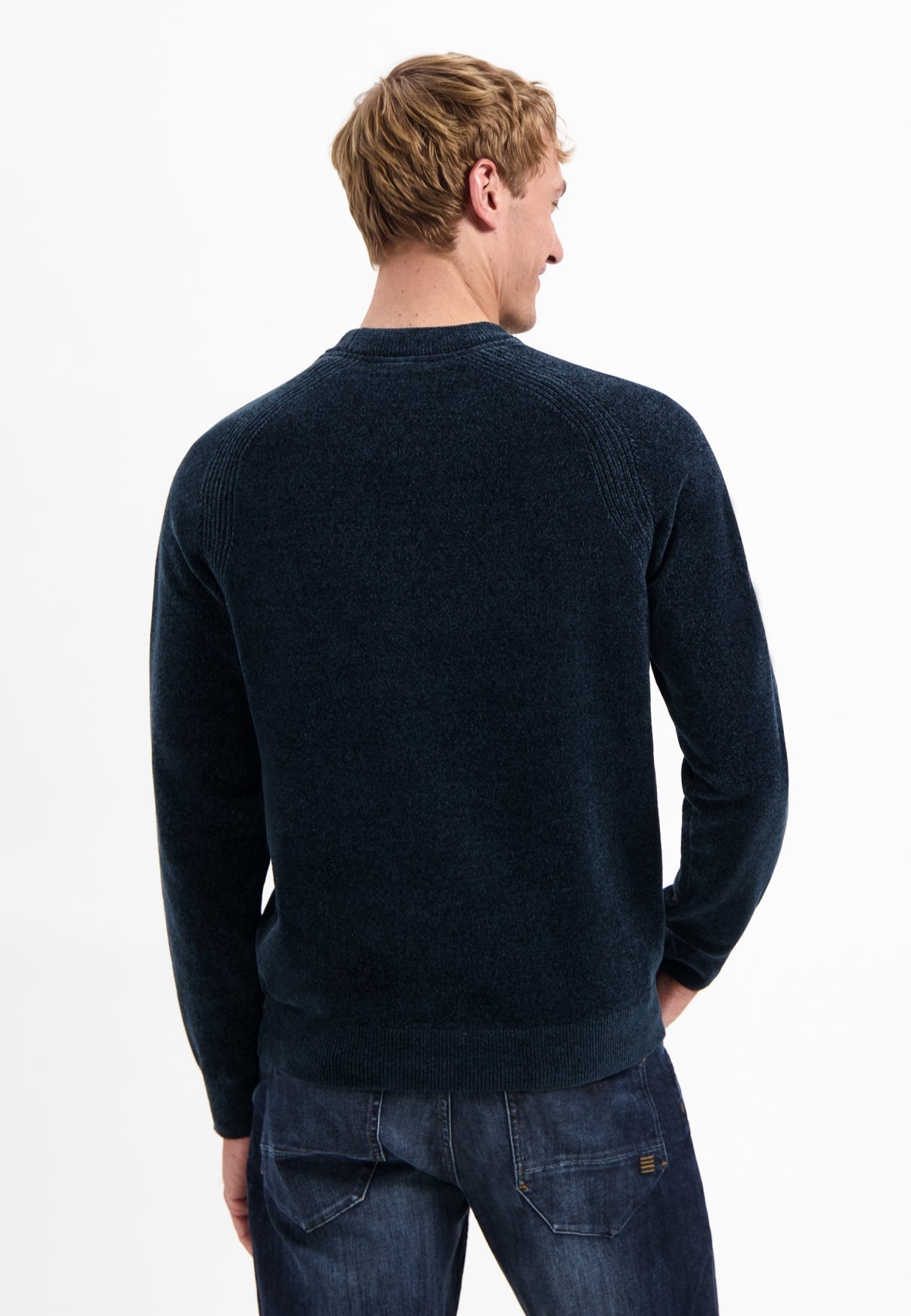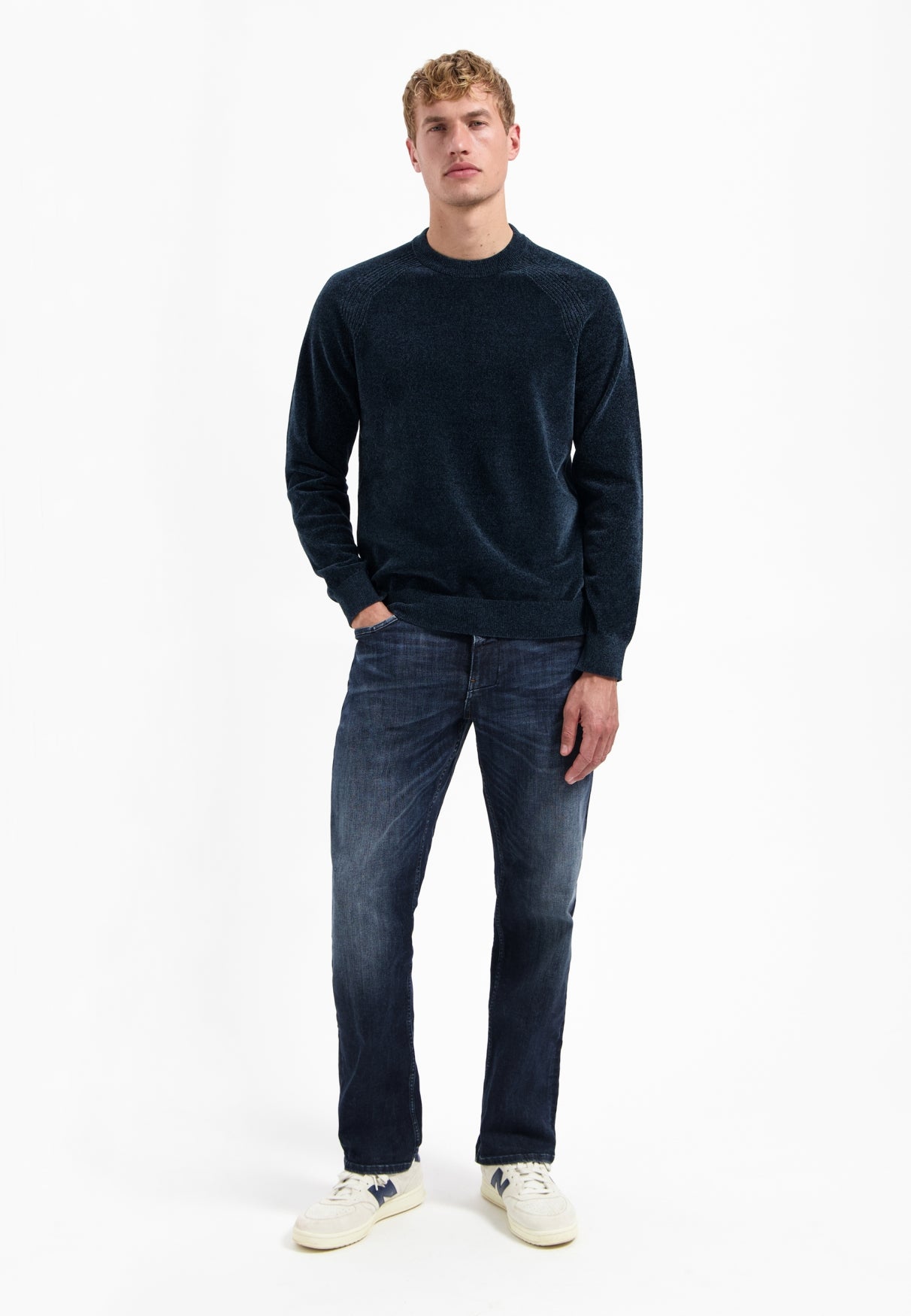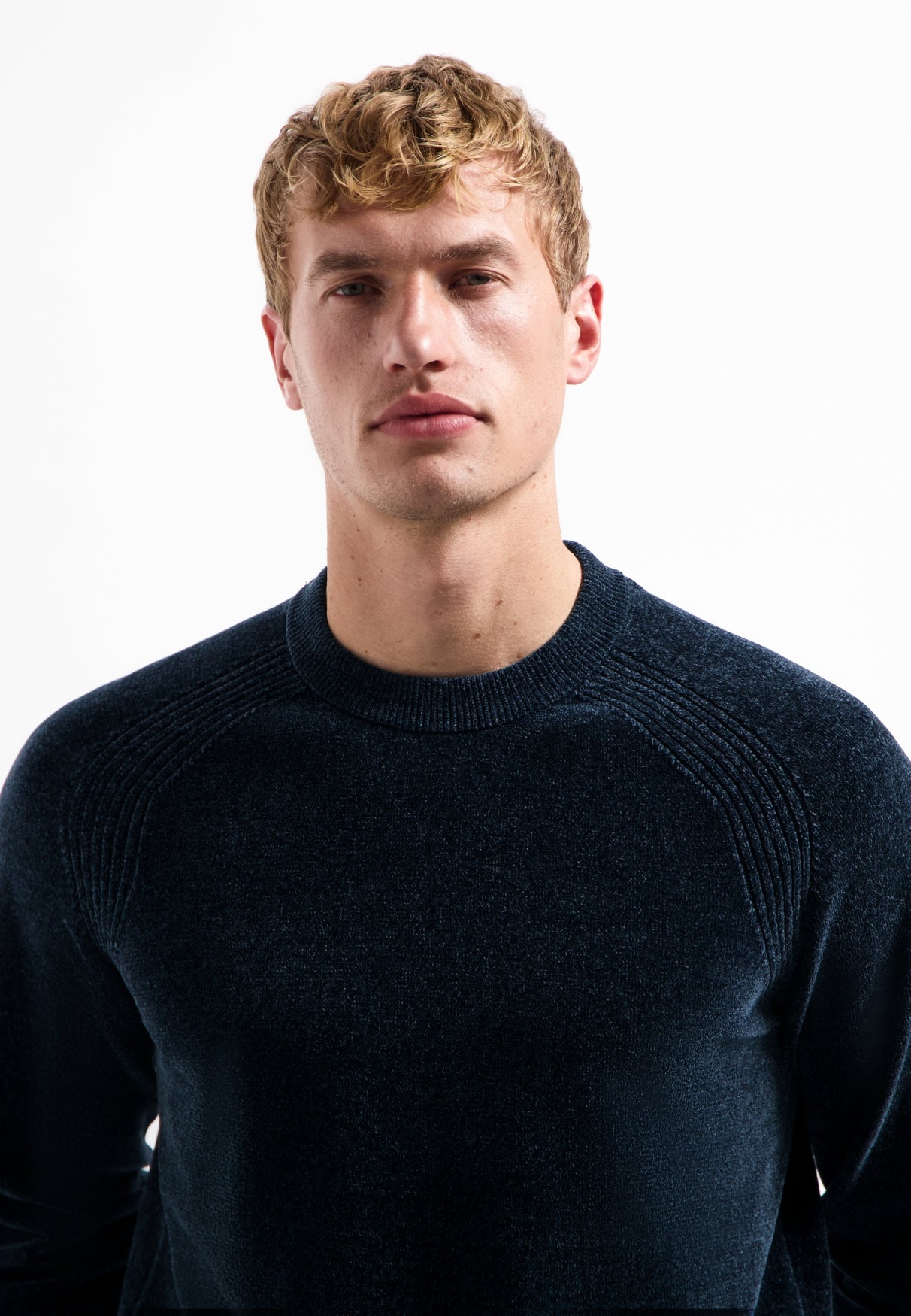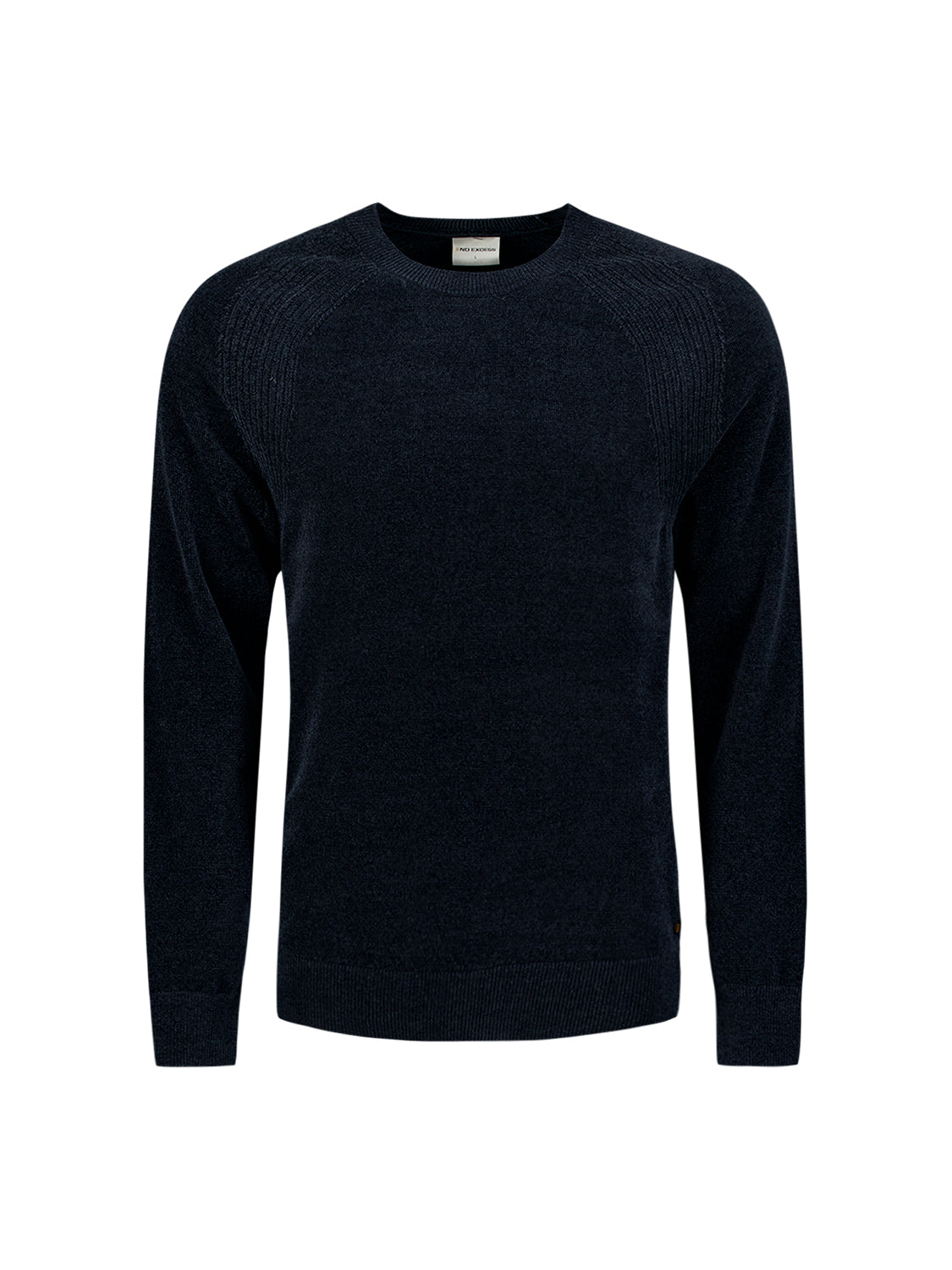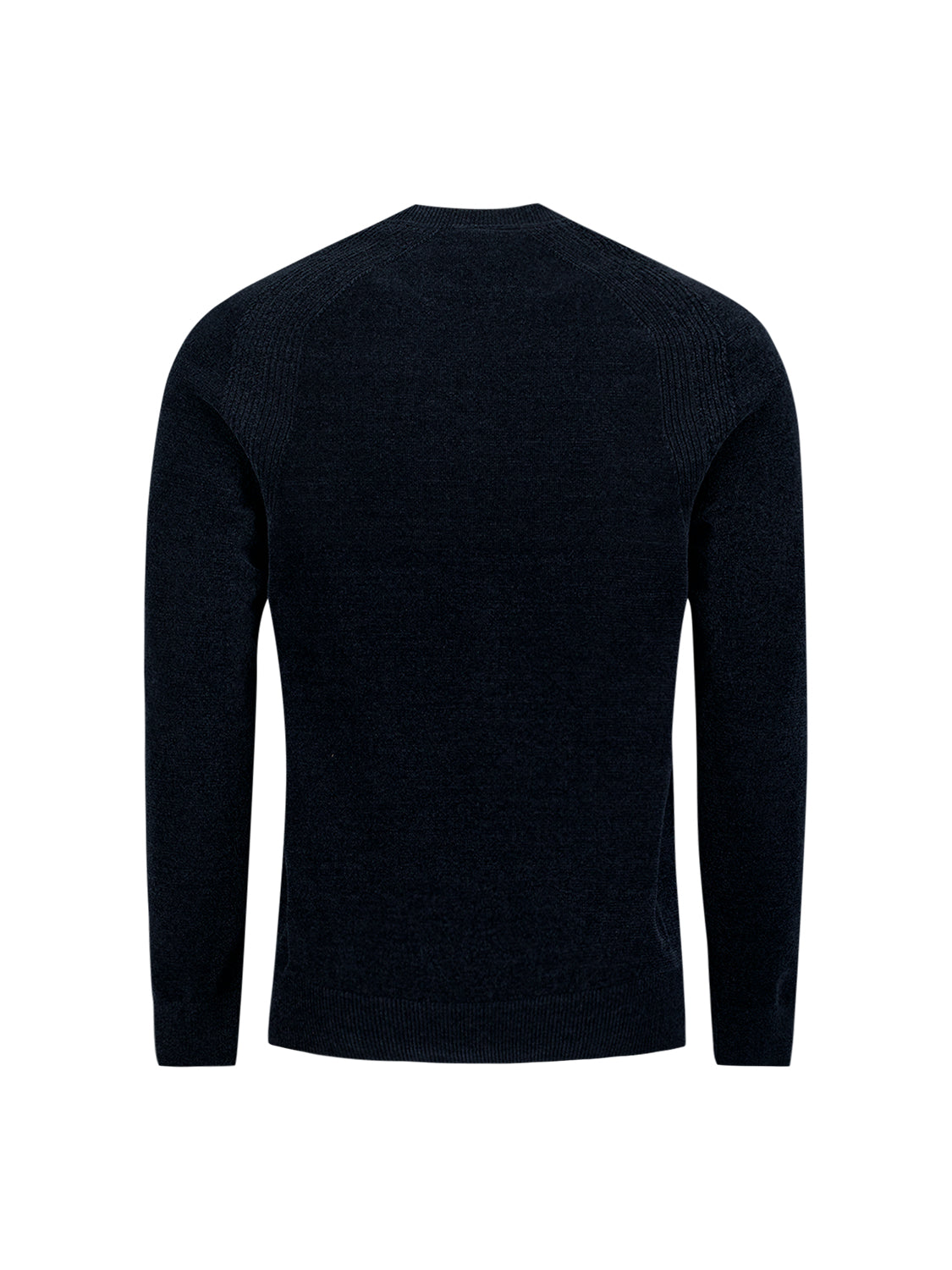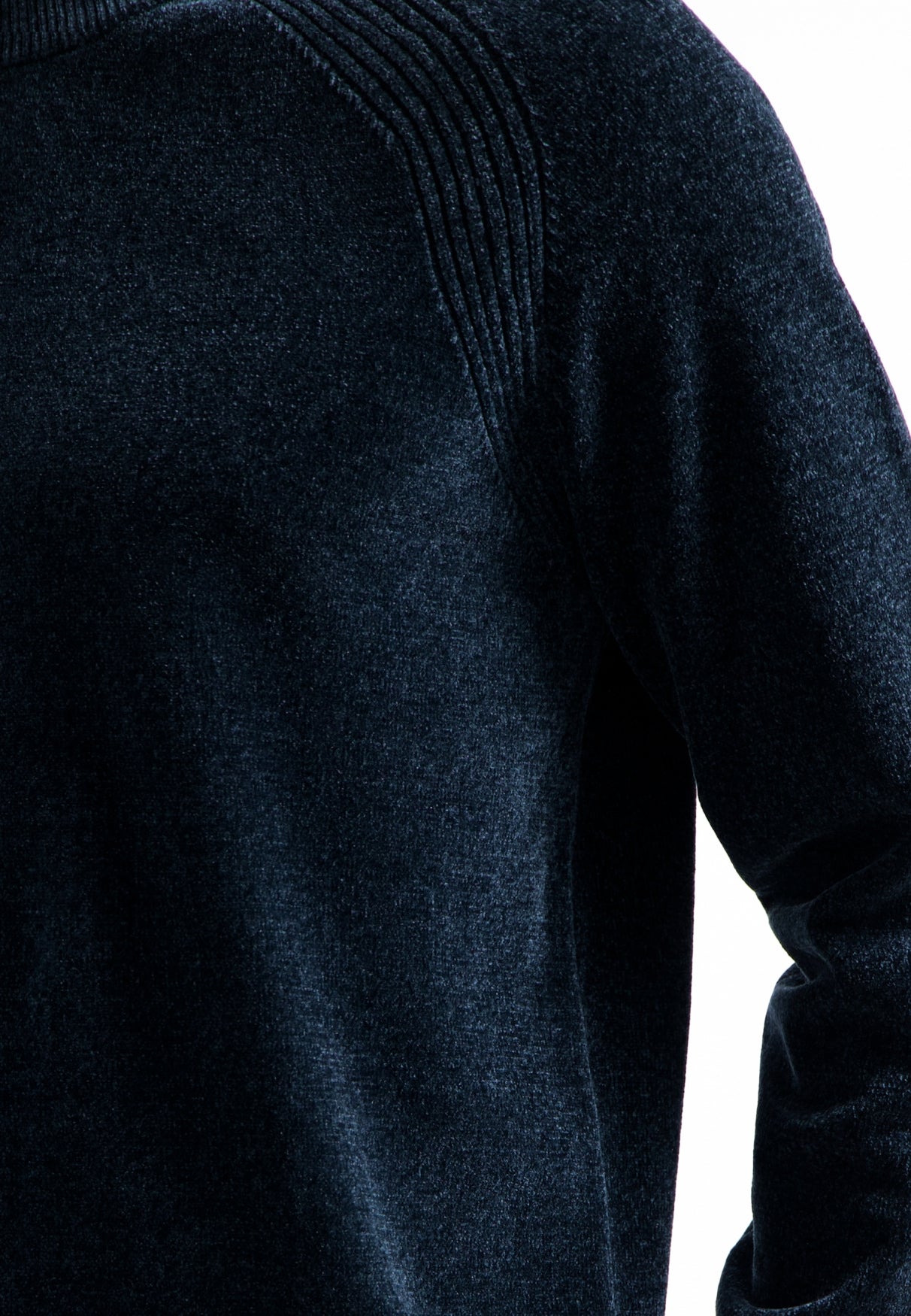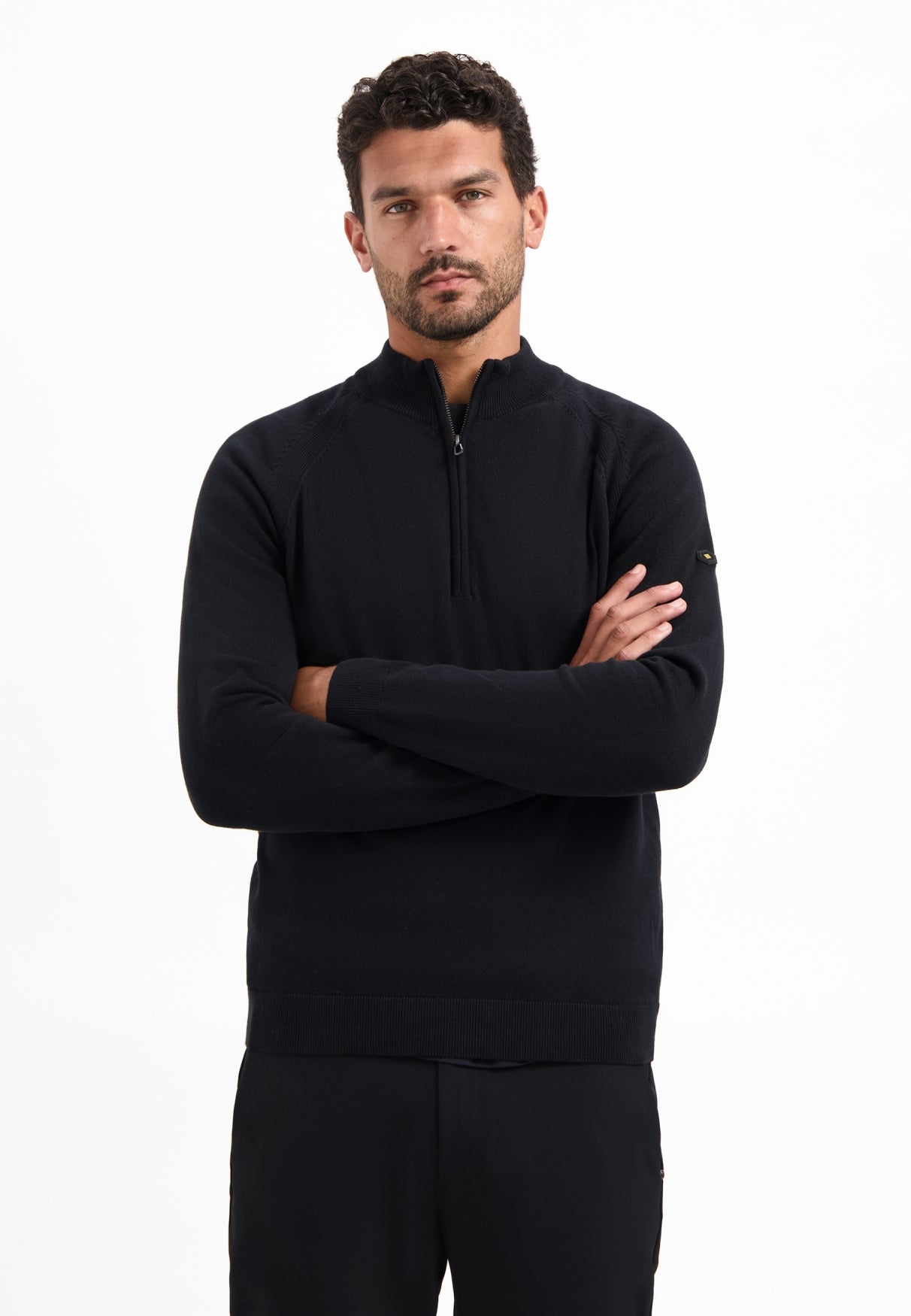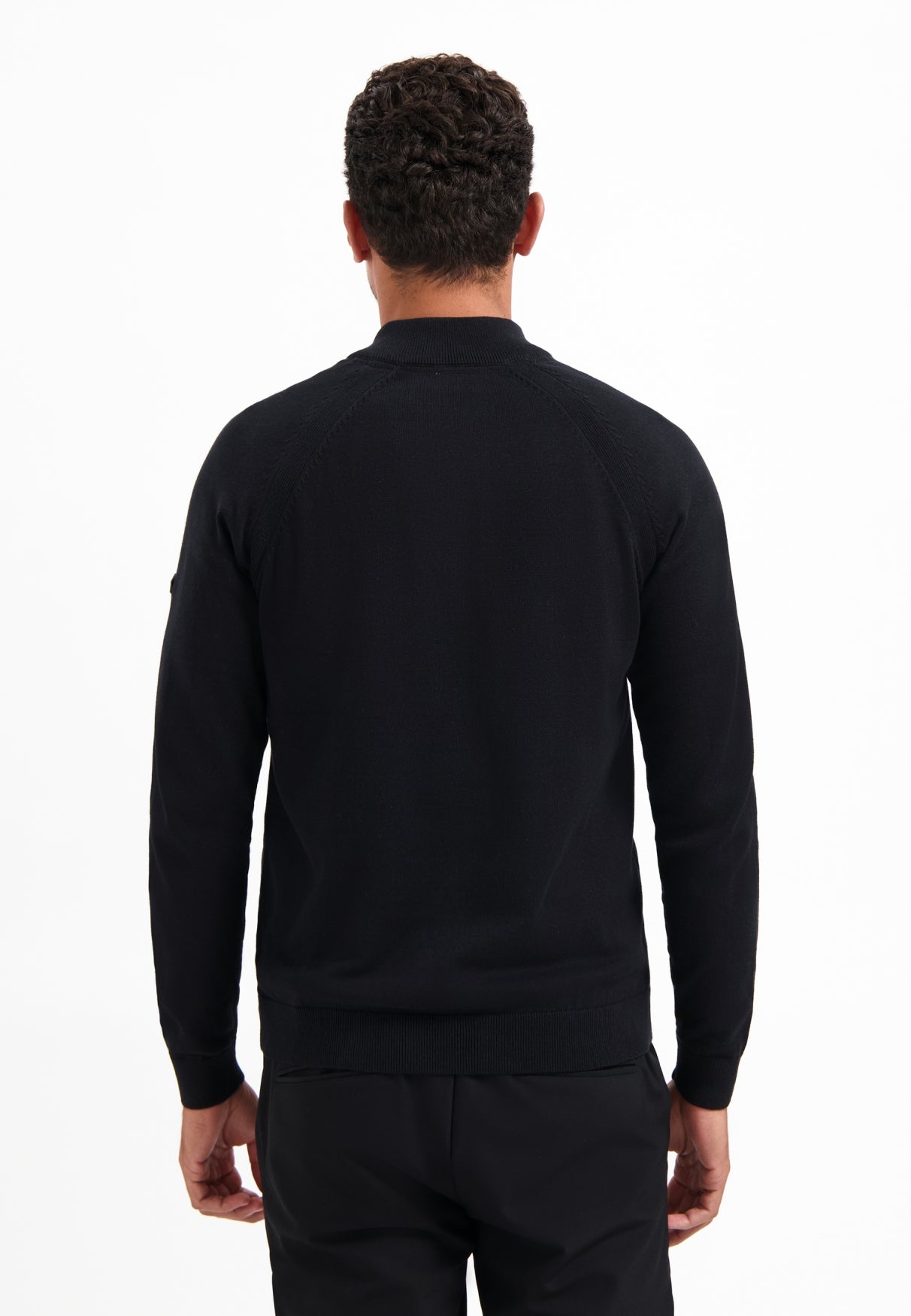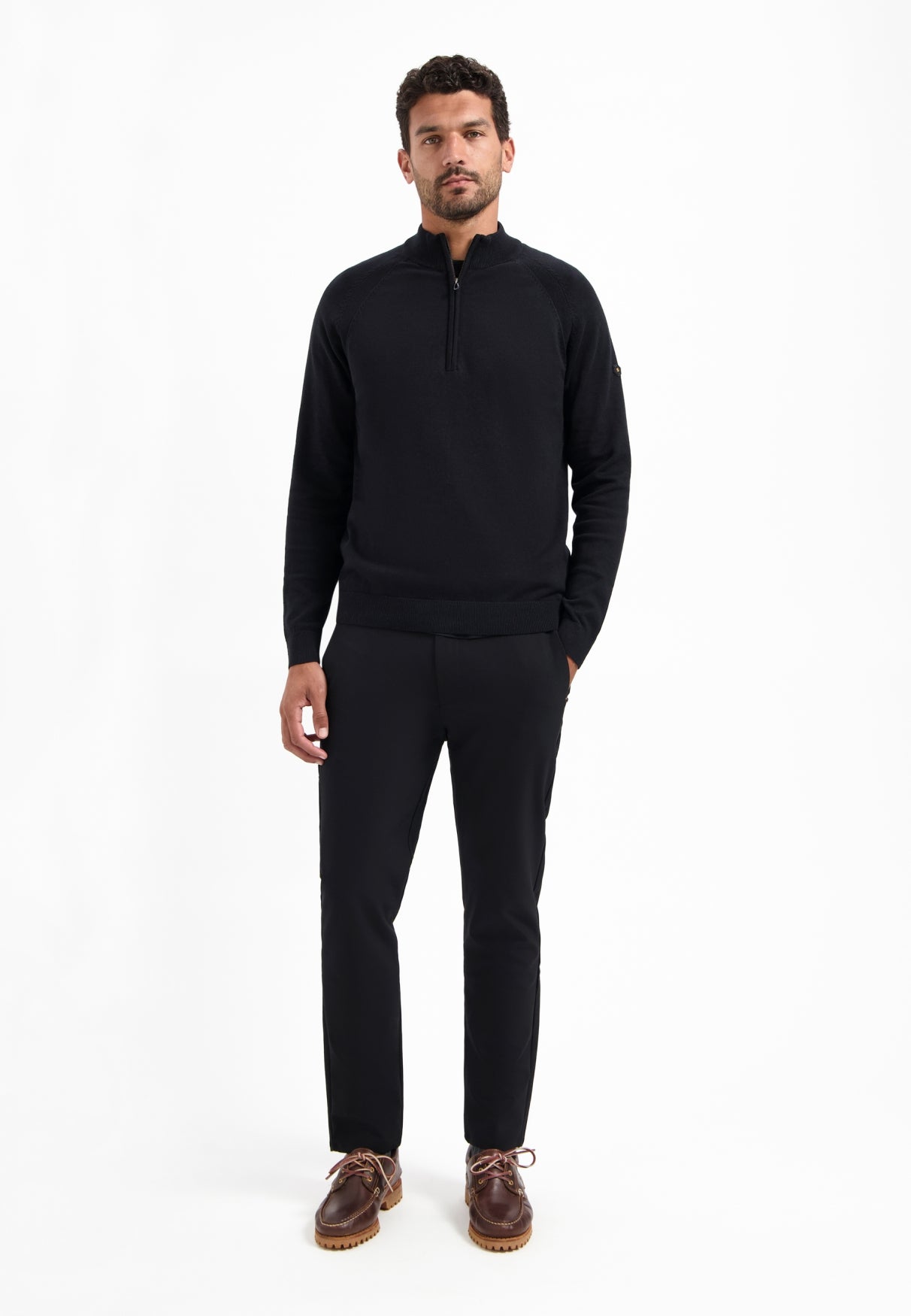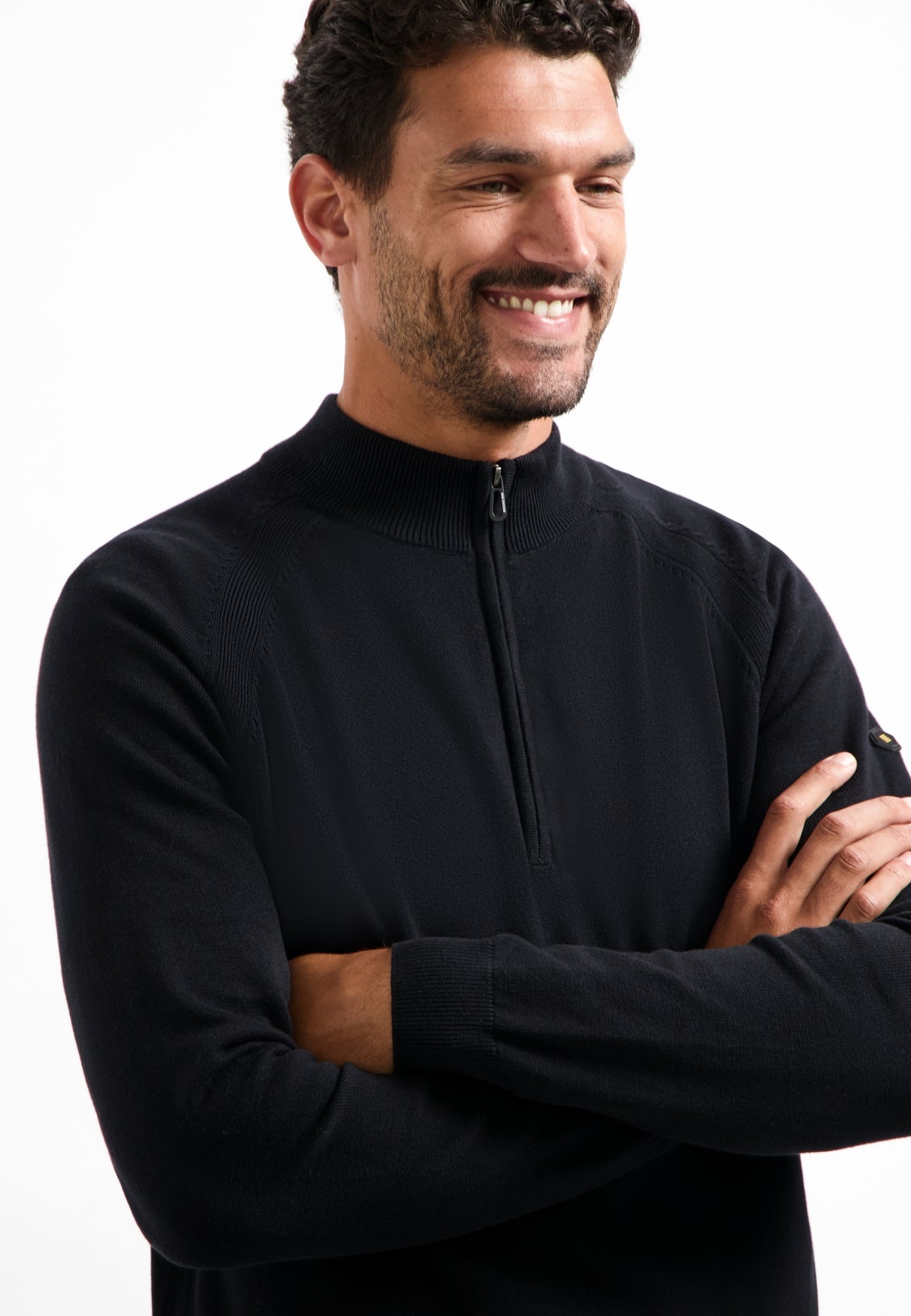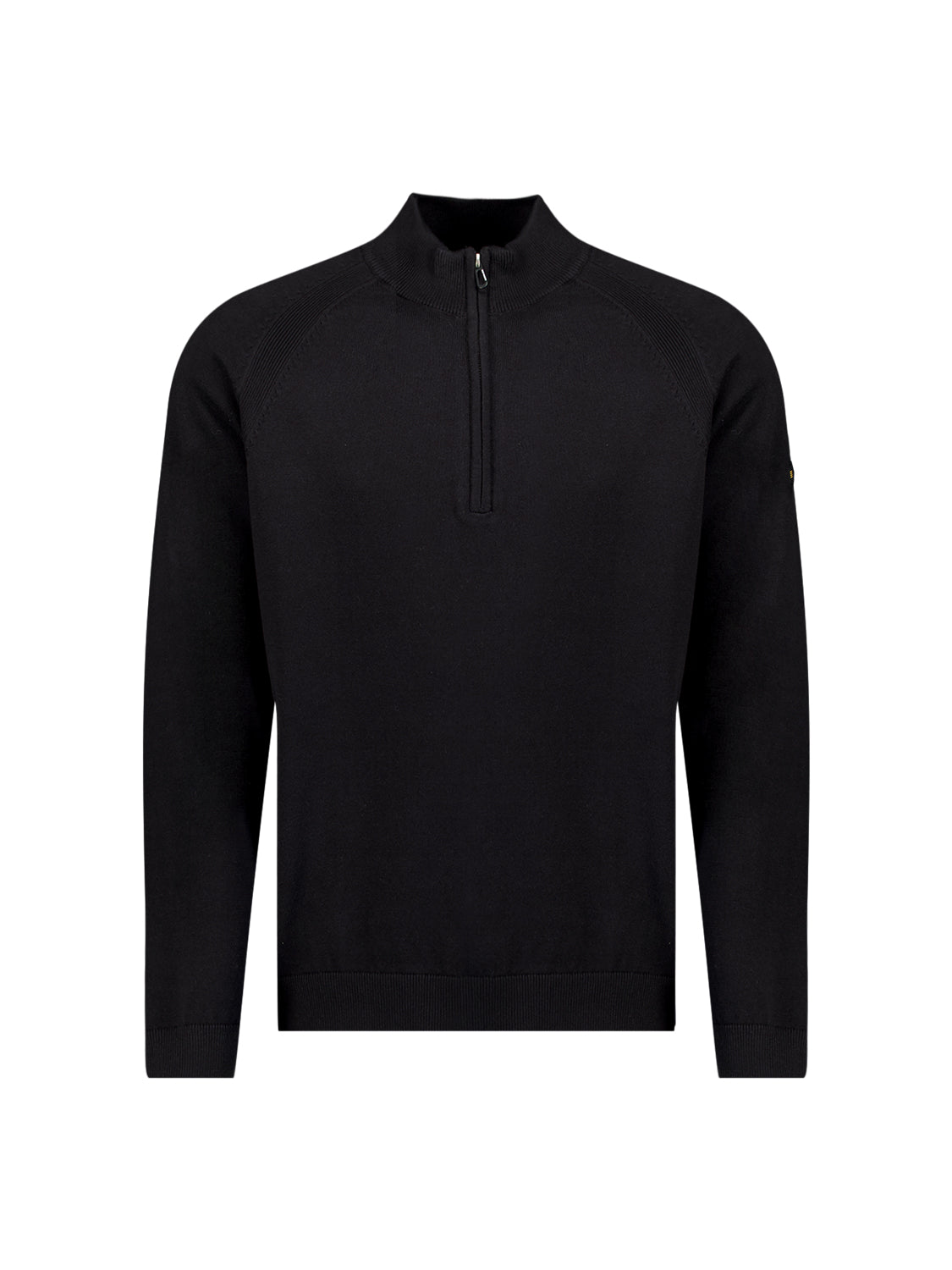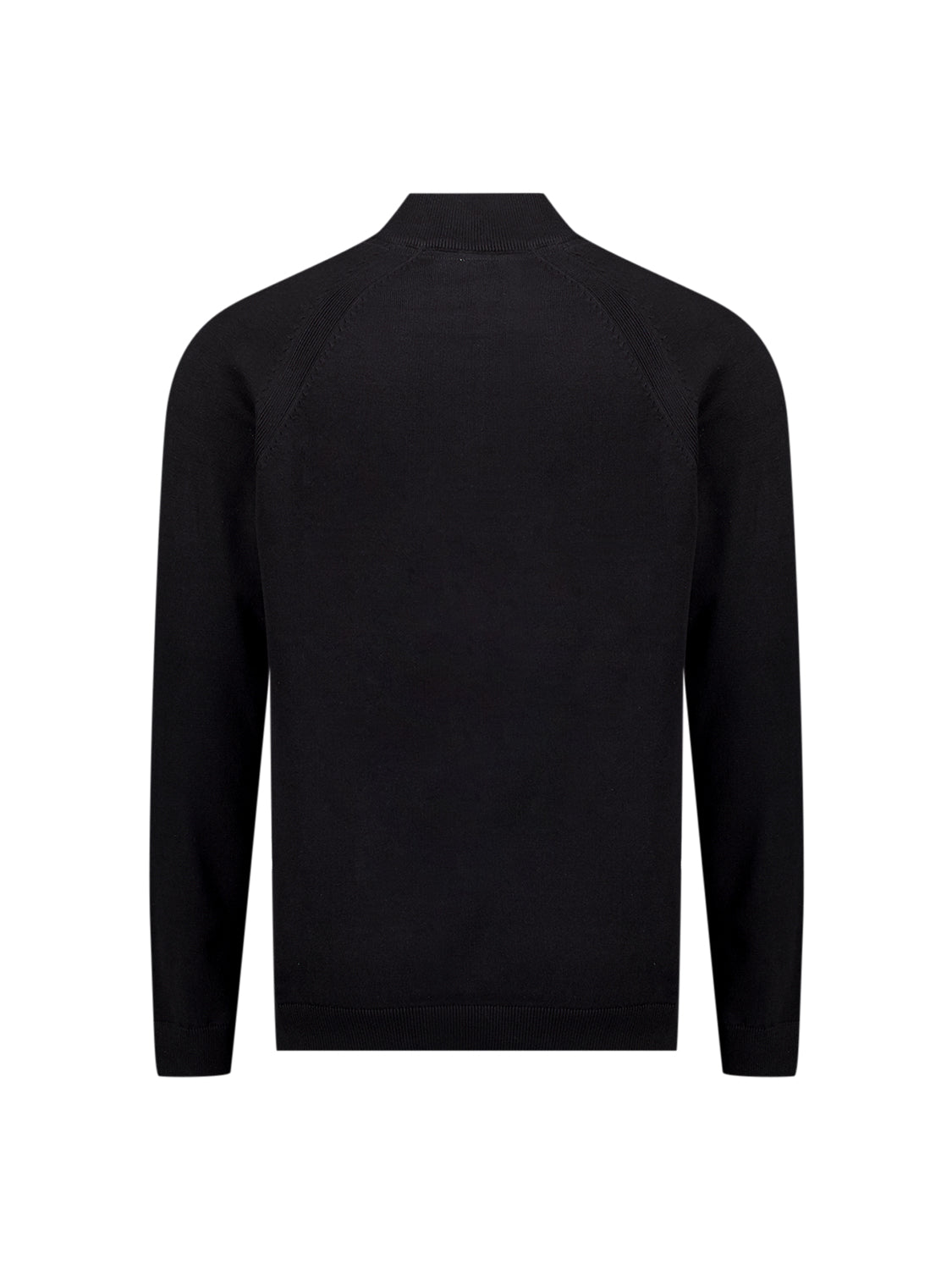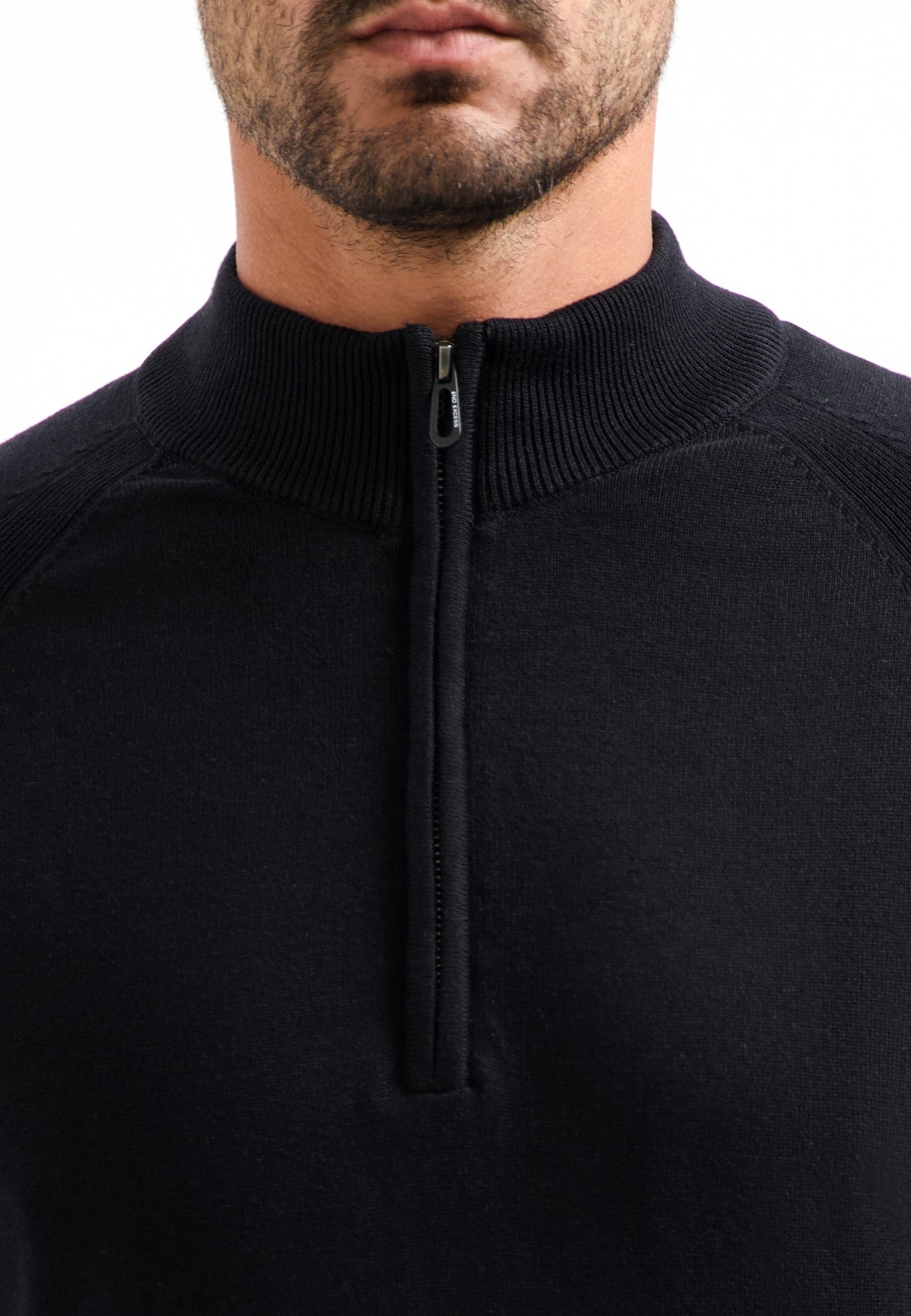RESPONSIBLE CHOICE
Responsible Choice
At No Excess, we believe that everyone and everything should be treated equally and fairly. Therefore, we are committed to improve the environment and working conditions. It’s not our intention to greenwash our actions. We also don’t claim to be 100% sustainable, far from it. But we do our best to be more sustainable every day. The important thing for us is to continually improve and to be transparent in our efforts and goals. We are committed to become the best we can be, for the planet and the people. We’re working for a better future step-by-step.
People
As a company, we are working continuously on improving the circumstances in the supply chain. However, we cannot do this alone. Therefore, we are a member of the Business Social Compliance Initiative (amfori BSCI). Together with 2400 other organizations based in 40 countries, the aim of amfori BSCI is to improve the conditions for employees in terms of labor and human rights as per international agreed standards. Amfori is organizing independent audits in all production countries. During the audit, the factories will be checked based on the 11 principles of amfori BSCI, like health and safety. Besides their focus on social conditions, they also focus on protection of the environment. Further information can be found here: https://www.amfori.org/content/amfori-bsci
No Excess has always worked with a limited number of suppliers, the most of whom have been supplying to our company for a long time. This collaboration has helped us to verify that our business partners share our ethical values and comply to the necessary international laws and regulations. We follow a customized Code of Conduct. Fair working conditions, human rights, and environmental and health obligations are among the most significant topics covered by this regulation.
We are a proud sponsor of the Spieren voor Spieren Foundation. This non-profit organization is fully committed to defeating children’s muscle diseases, so everyone can move around freely, without their body holding them back. About 200,000 people in the Netherlands suffer from muscle diseases, including 20,000 children. No Excess is honored to contribute to this beautiful goal. That’s why we donate 1% of our denim collection turnover to Spieren voor Spieren.
Planet
Our aim is to reduce the impact that the manufacturing of our clothes has on the environment. Since we cannot do this alone, we’ve decided to work together only with companies that have the same attitude towards the environment as we have.
No Excess is committed to improving cotton farming practices globally with Better Cotton. Better Cotton is sourced via a system of mass balance and is not physically traceable to end products. No Excess is committed to sourcing 15% of our Better Cotton in 2023. Better Cotton’s mission is to help cotton communities survive and thrive, while protecting and restoring the environment. Better Cotton trains farmers to use water efficiently, care for soil health and natural habitats, reduce use of the most harmful chemicals and respect workers’ rights and wellbeing. Although we are committed to sourcing 15% of our Better Cotton in 2023, our intention is to increase this percentage. Check their website for more information: https://bettercotton.org/
The transportation company we’re using for our webshop orders is DHL. Deutsche Post DHL Group compensates the gas emissions, generated by transportation and logistics, through climate protection projects. For further information on the GoGreen climate protection projects can be found at: dpdhl.com/gogreen-projects
Not only the products, but also the packaging is carefully selected by our warehouse colleagues, partners, and suppliers. Our ecommerce packaging is FSC certified. It is recyclable, certified and can be used for returns. The Forest Stewardship Council (FSC) is a non-profit organization devoted to ethical forest management across the world.
One of the steps towards circularity is recycling packaging materials and the garments after use. To stimulate this we are communicating this on the hangtags and carelabels. We are also a member of LEKO (UIN : FR265927_01BQUP) and Eco TLC Refashion UDI : FR265927_11DJBO (contractnr 4000010146).
Product
A step-by-step sustainable collection
No Excess stands for comfort and quality. This also means better fabrics that contribute to a better environment and to more long-lasting products for you. Step by step we are creating a collection that becomes more sustainable. We are doing this by carefully selecting materials.
We keep continuing to increase the quantity of sustainable materials in our products. Each product with sustainable content is marked as ‘responsible choice’, either on the hangtag or online. ‘Responsible choice’ can mean several things, such as Better Cotton, recycled materials, or Lyocell. As No Excess, our aim is to grow the number of these sustainable products season by season.
Natural materials
Natural materials are not only better because it feels soft and comfortable, it’s also better for the environment. After all, it’s a natural raw material that is completely made of renewable sources. Although we’re still using regular cotton, we are striving for more and more sustainable alternatives.
Better Cotton
By choosing our cotton products, you’re supporting No Excess investments in Better Cotton’s mission. This product is sourced via a system of mass balance and therefore may not contain Better Cotton. Better Cotton trains farmers to use water efficiently, care for soil health and natural habitats, reduce use of the most harmful chemicals and respects worker’s rights and wellbeing.
Organic cotton
With organic cotton the use of GMO-seeds is not allowed. GMO stands for genetically modified organism. There is a strong restriction in the use of synthetic chemicals and fertilizers during the cotton cultivation. It is increasing the health and fertility of the soil. The water usage is lower as it mostly growing in regions with natural irrigation by rains. This has been monitored and validated by the worldwide accepted certificates GOTS and OCS.
Linen
Linen is a natural, sustainable material that is cultivated in areas with a moderate climate.
The cultivation of linen uses less water, less fertilizers, and less pesticides than conventional cotton. The fabric is strong and durable, which gives the material its great longevity.
Materials made from mostly natural resources
TENCEL™ Lyocell
Lycocell is made of woodpulp. The raw material comes from organic, renewable sources. The process to make the Lyocell material from woodpulp is environmentally friendly. The process occurs in a closed loop system, so nearly all solvent is re-covered and re-used. The wastewater it non-toxic.
TENCEL™ Lyocell is developed by the Austrian Lenzing AG. The raw material is derived from sustainably grown wood.
LENZING™ ECOVERO™ material is developed by the Austrian company Lenzing AG as a sustainable alternative for viscose. It is made out of woodpulp, the raw material is derived from sustainably grown wood The chemicals used to convert the wood into pulp are being reused. LENZING™ ECOVERO™ fibres generate up to 50% lower emissions and water impact compared to conventional viscose
Recycled materials
There are multiple advantages by using recycled materials. It is reducing the necessity to use newly sourced materials, reducing the waste on landfills, and increasing the lifespan of the original sourced materials. Apart from this, it’s also reducing the emission of greenhouse gas (CO2). Recycled post–consumer materials is a step towards a circular economy.
Recycled cotton
Recycled cotton is mostly made from left over cotton waste in the garment industry or from unsellable garments. Recycled cotton must often be mixed with other materials to ensure the quality of the material, as after the recycling process the cotton fibers are shorter than new fibers.
Recycled polyester
Recycled polyester is made from materials which would otherwise been thrown away and most likely ended up on landfills. It is made of left-over waste in the garment industry, from used plastic bottles and other, already used polyester materials.
REPREVE®
Reprevre is a post-consumer recycled polyester made from PET bottles. The bottles are cleaned, cut in small parts, and turned into raw material to make new polyester. The REPREVE® in our products has mainly been used as insulation in jackets. For more information about Repreve, visit their website: https://repreve.com/
Sofeelate®
Sofeelate® is insulation material made of recycled polyester.
Jeans
On a selection of our denim range, an EIM score hangtag can be found. With the help of the EIM score, it is possible to measure the environmental impact of jeans.
EIM stands for Environmental Impact Measurement and is developed by Jeanologia. The EIM score reflects the impact of the denim production in terms of water, chemical, and energy usage, as well as the health and safety of the factory workers. Jeanologia’s mission is to create an ethical, sustainable, and eco-efficient textile & apparel industry through disruptive technologies. Further info about Jeanologia can be found here: https://www.jeanologia.com/
With each denim collection we develop, we try to further minimize our impact.

